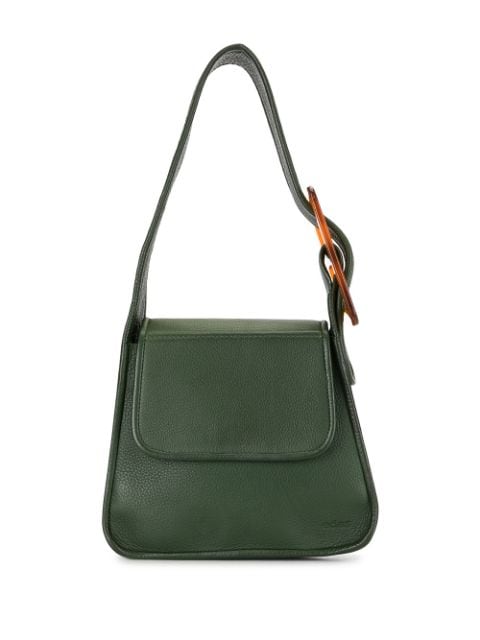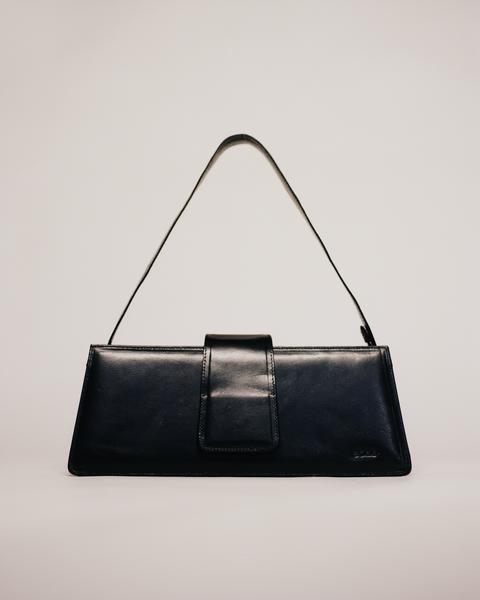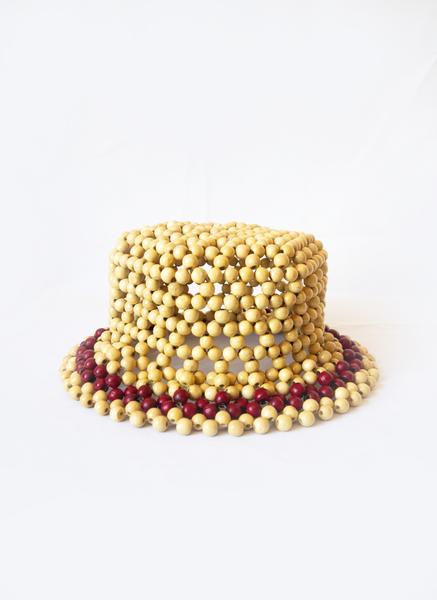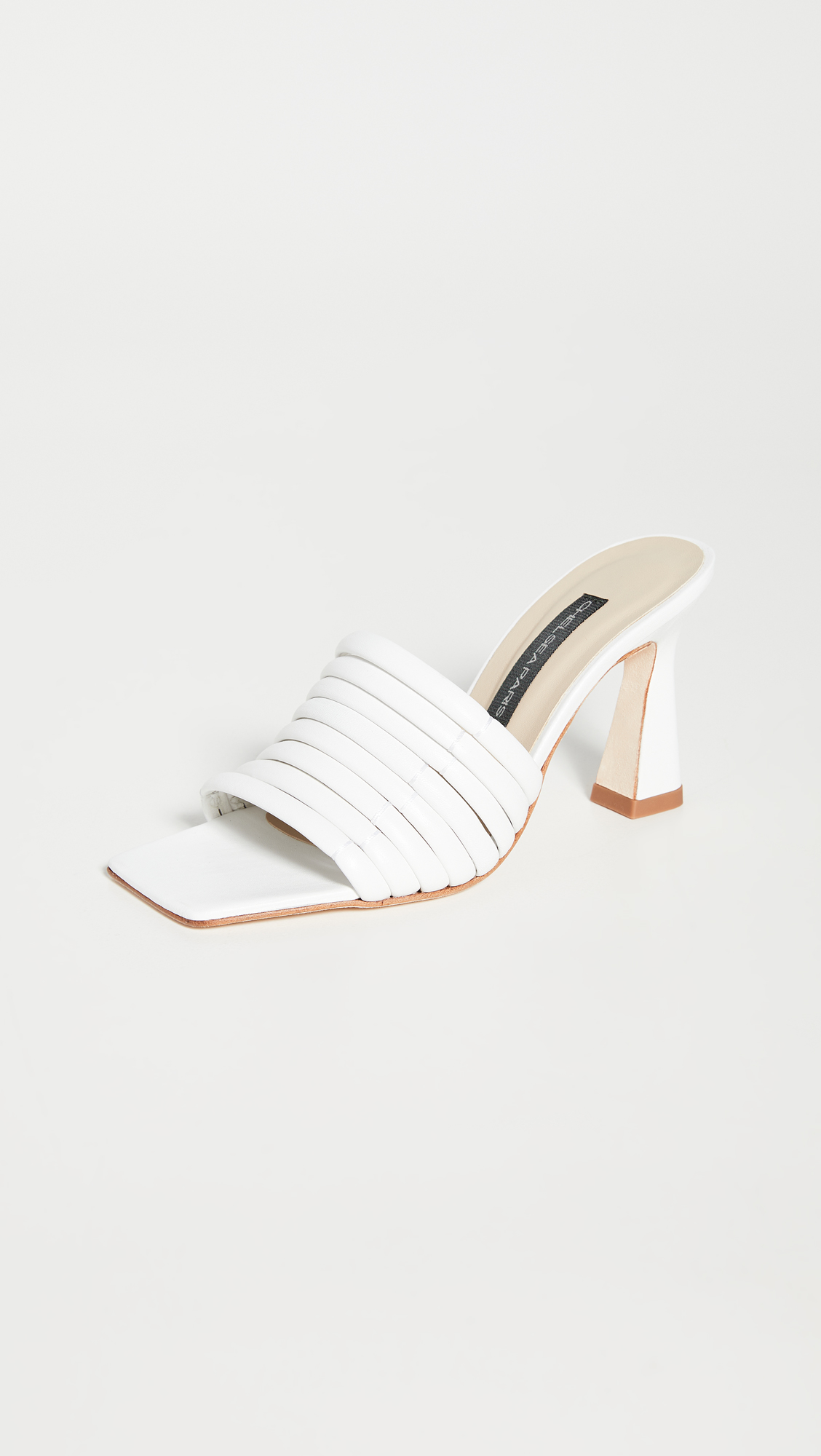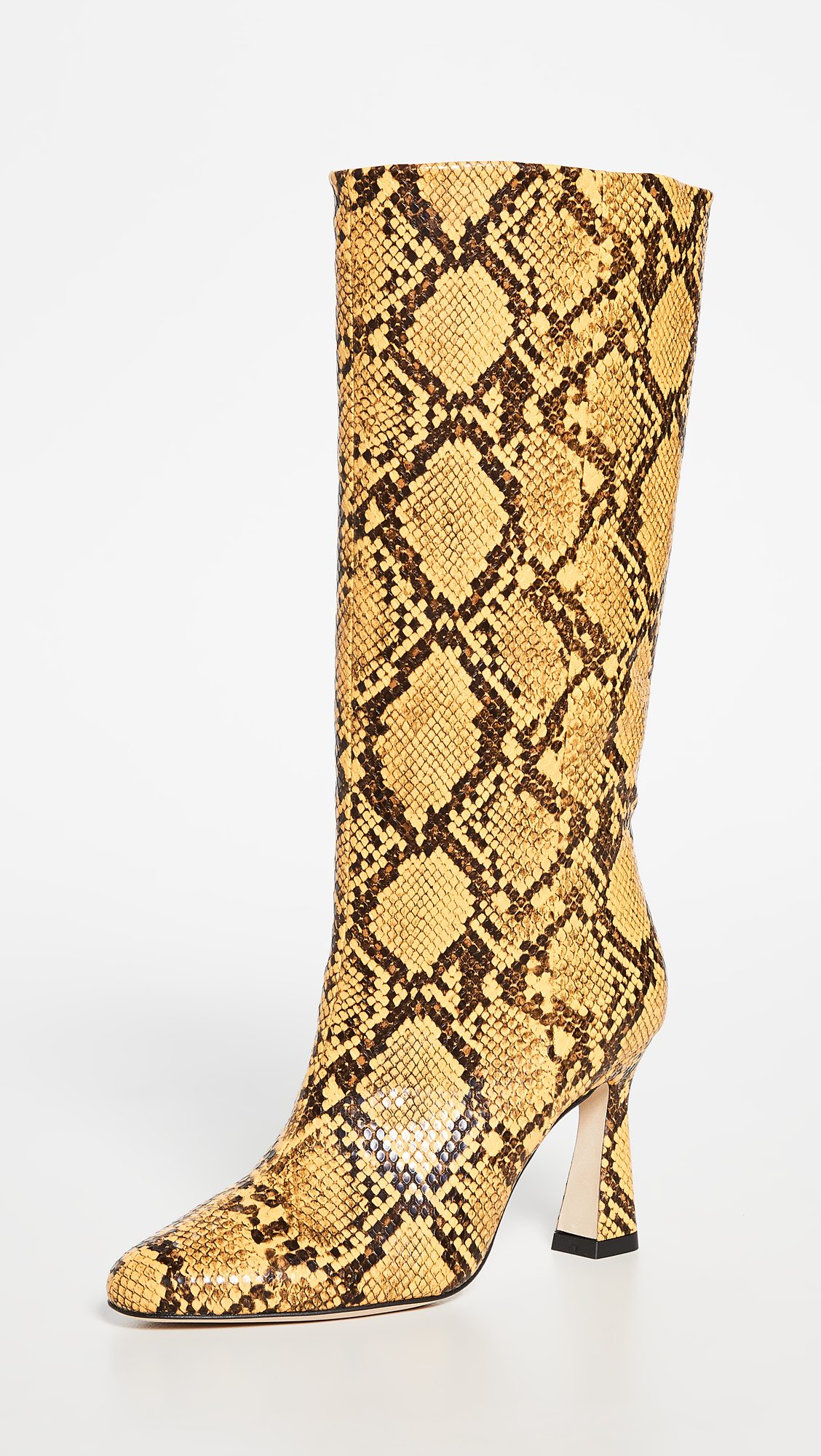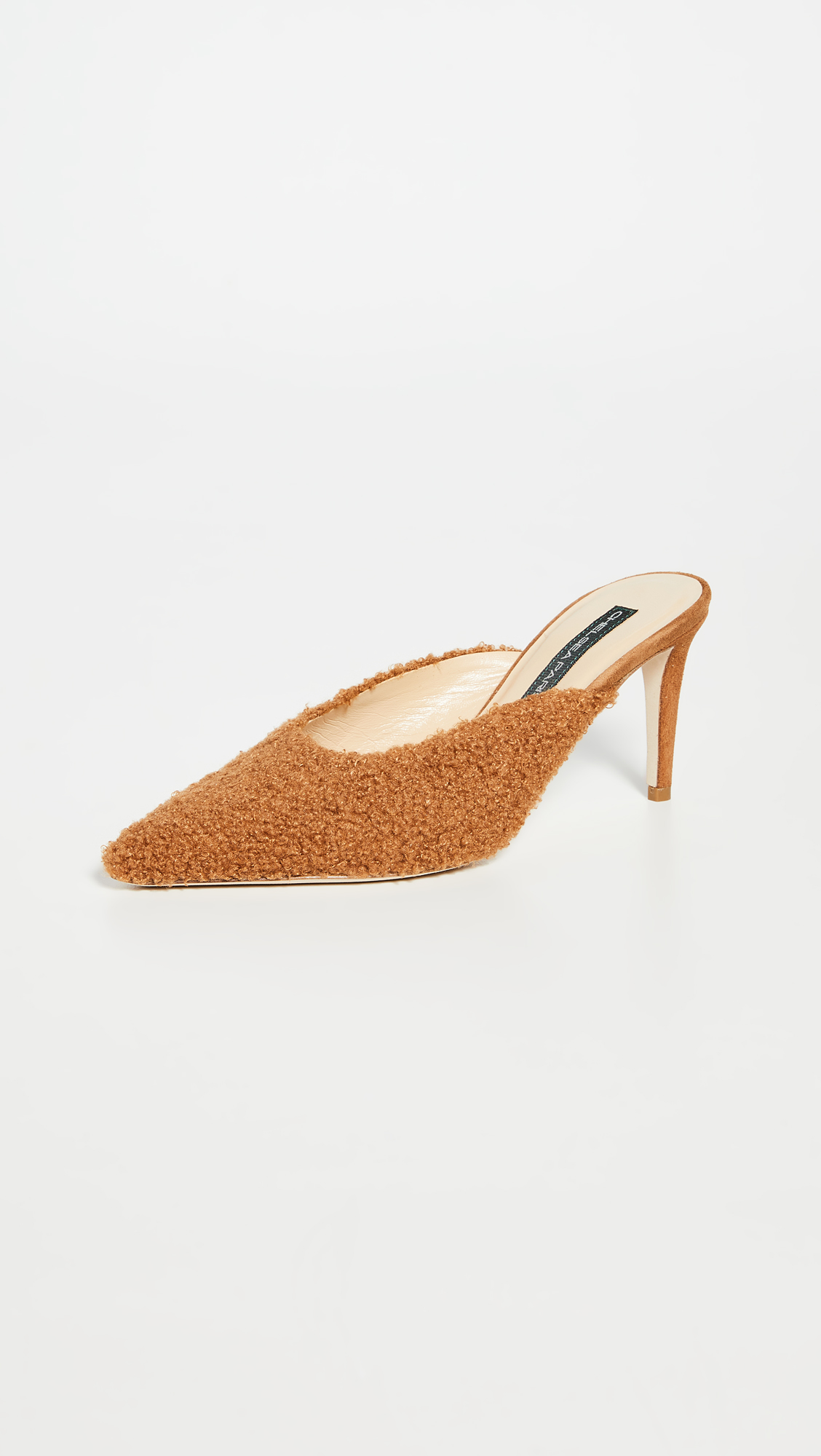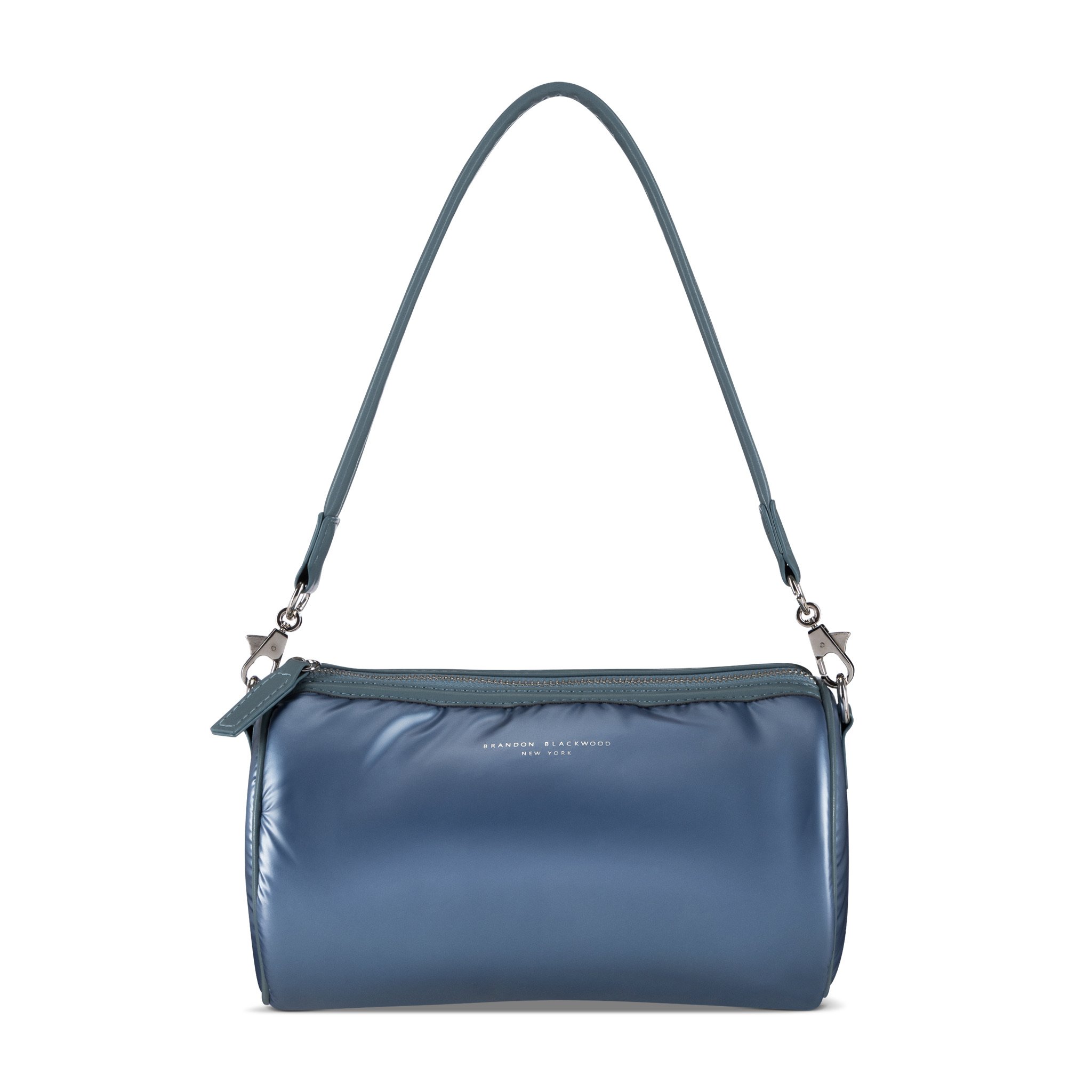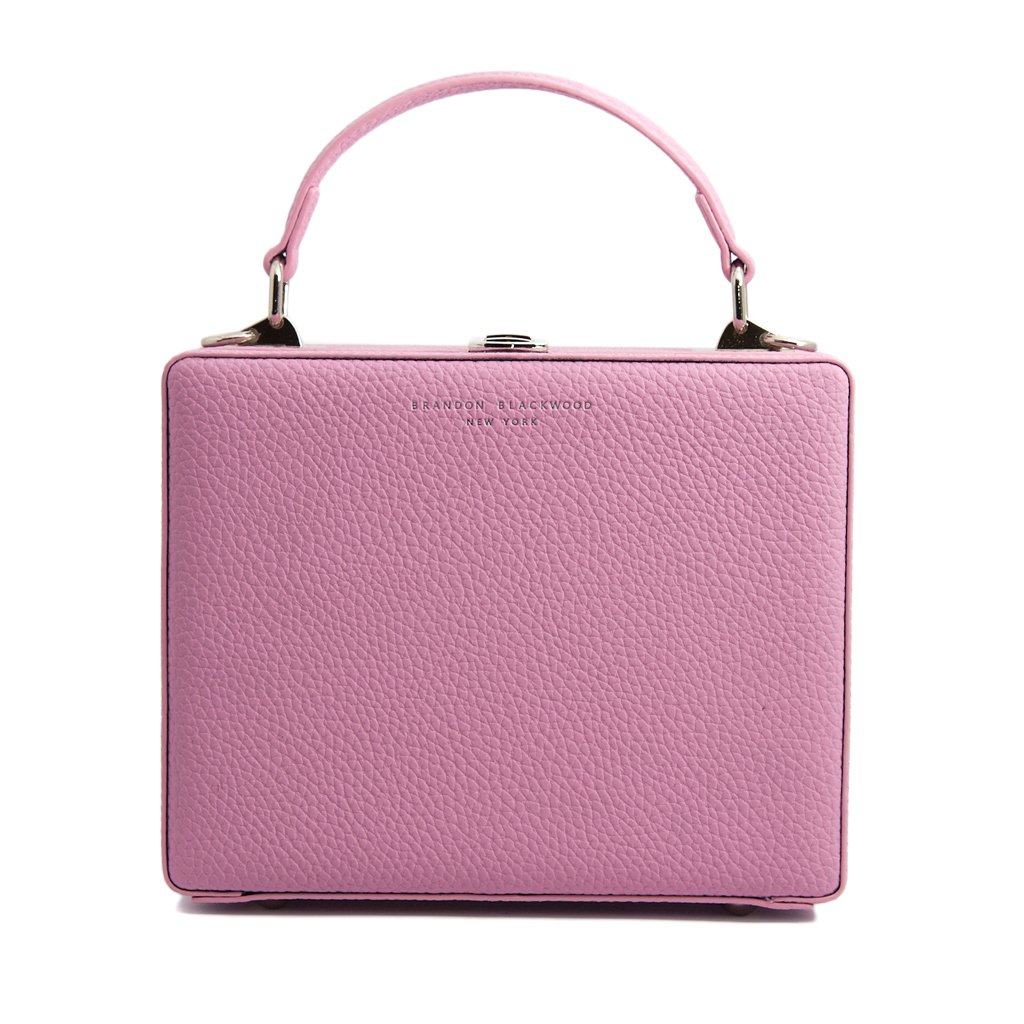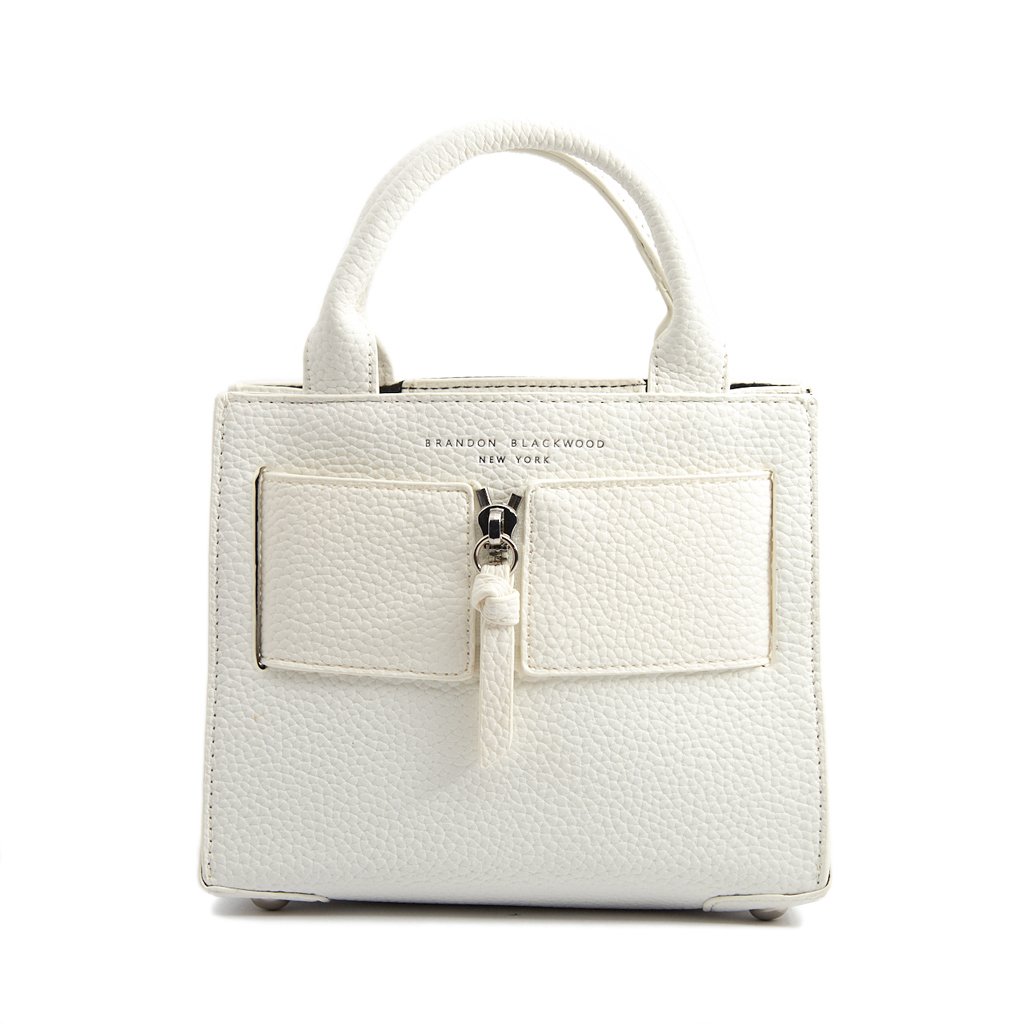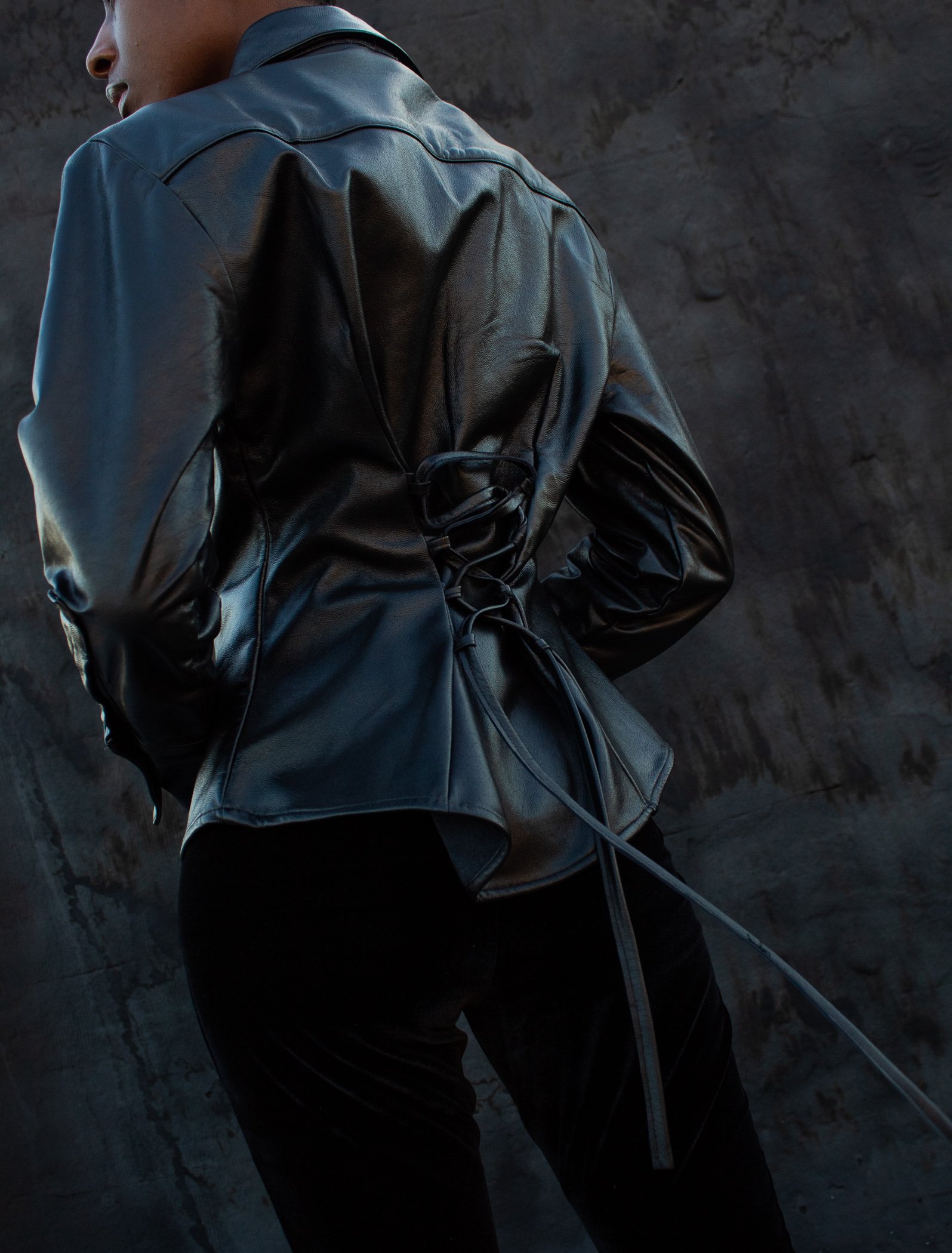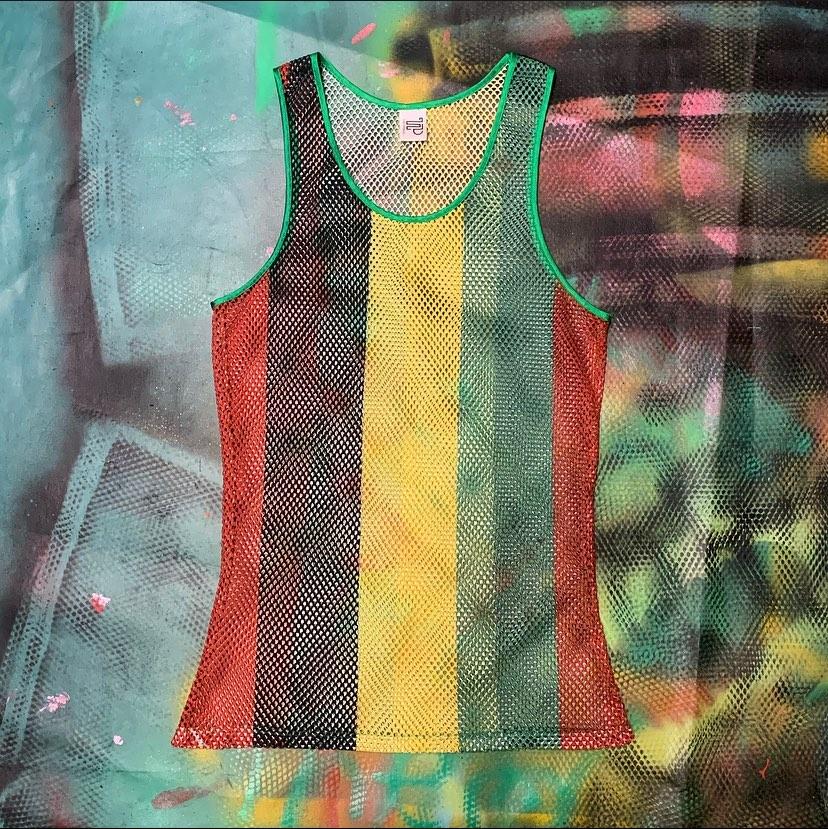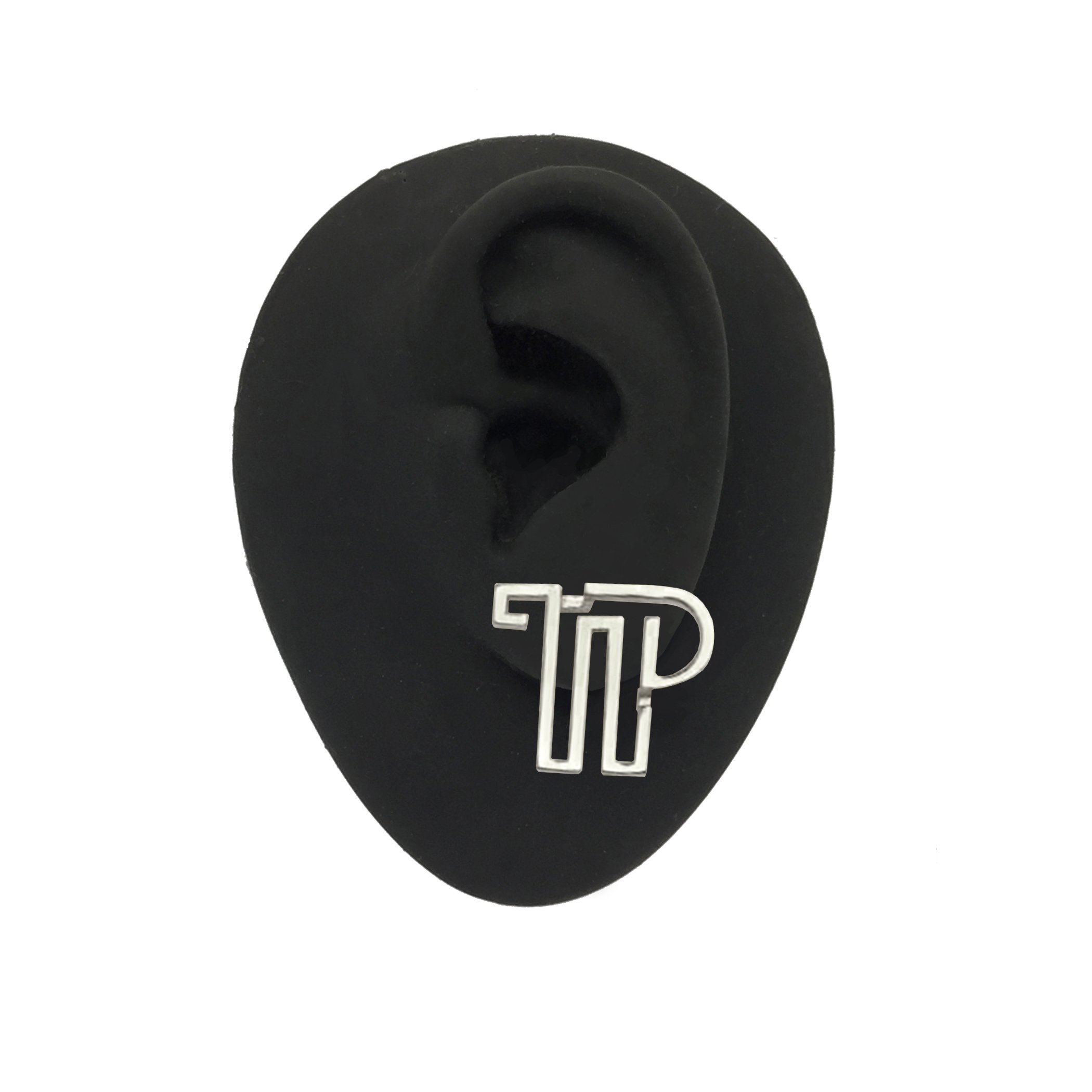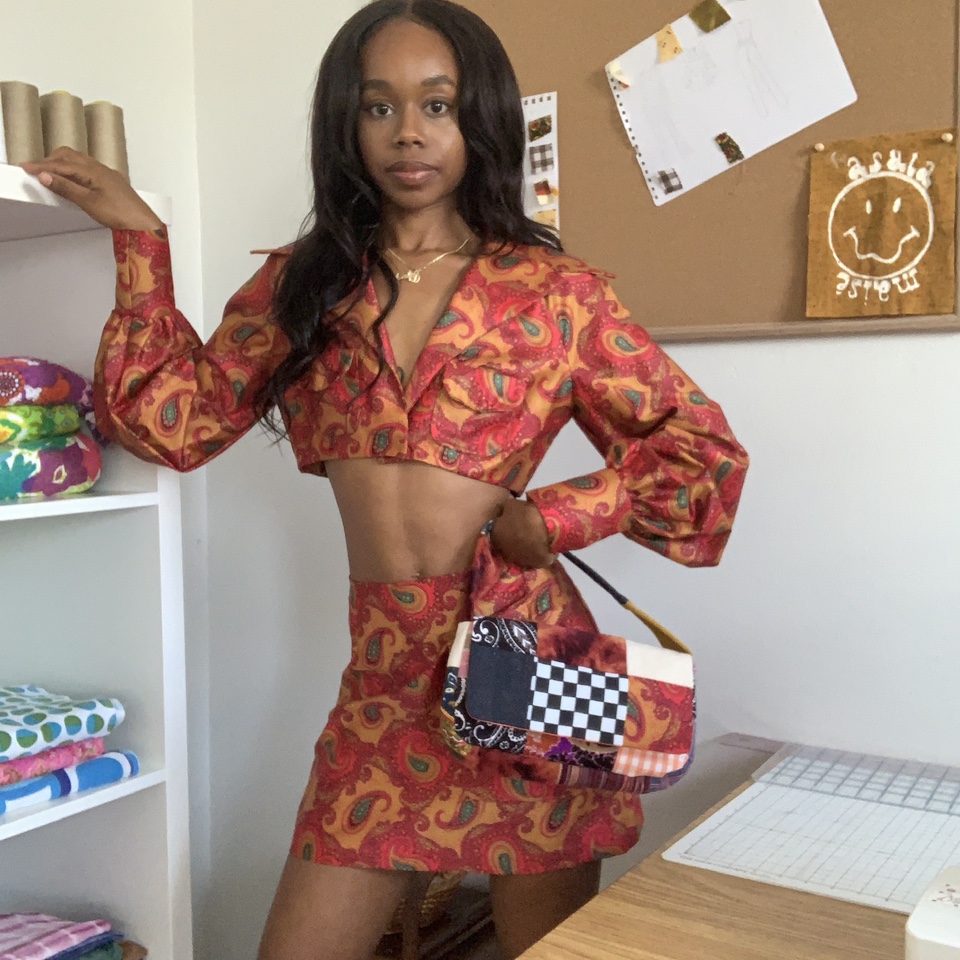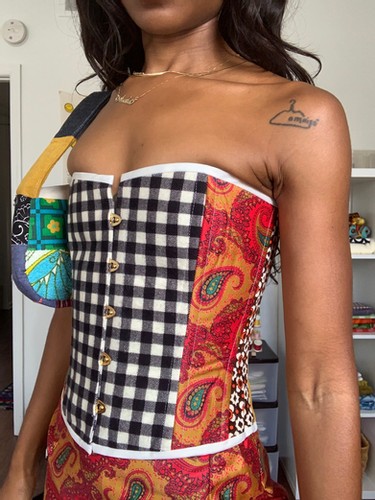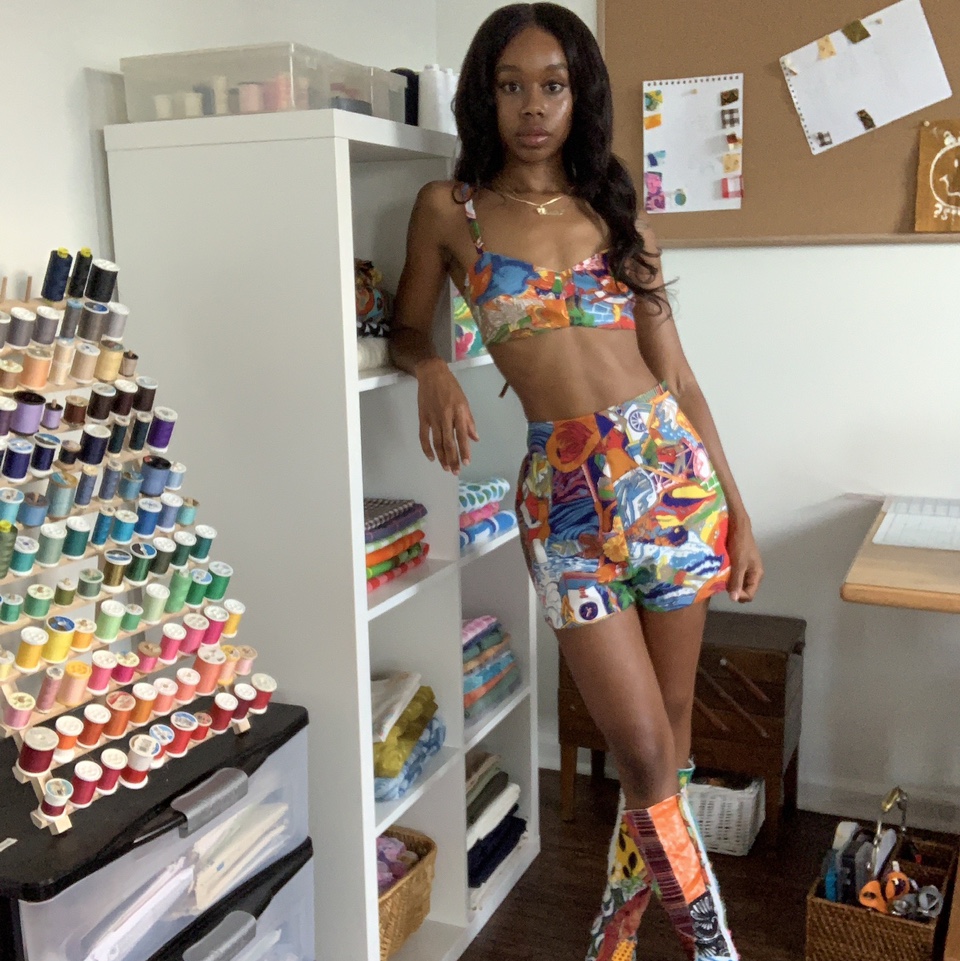These 5 Black Designers Are Painting the Future of Fashion
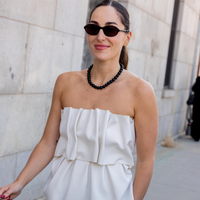
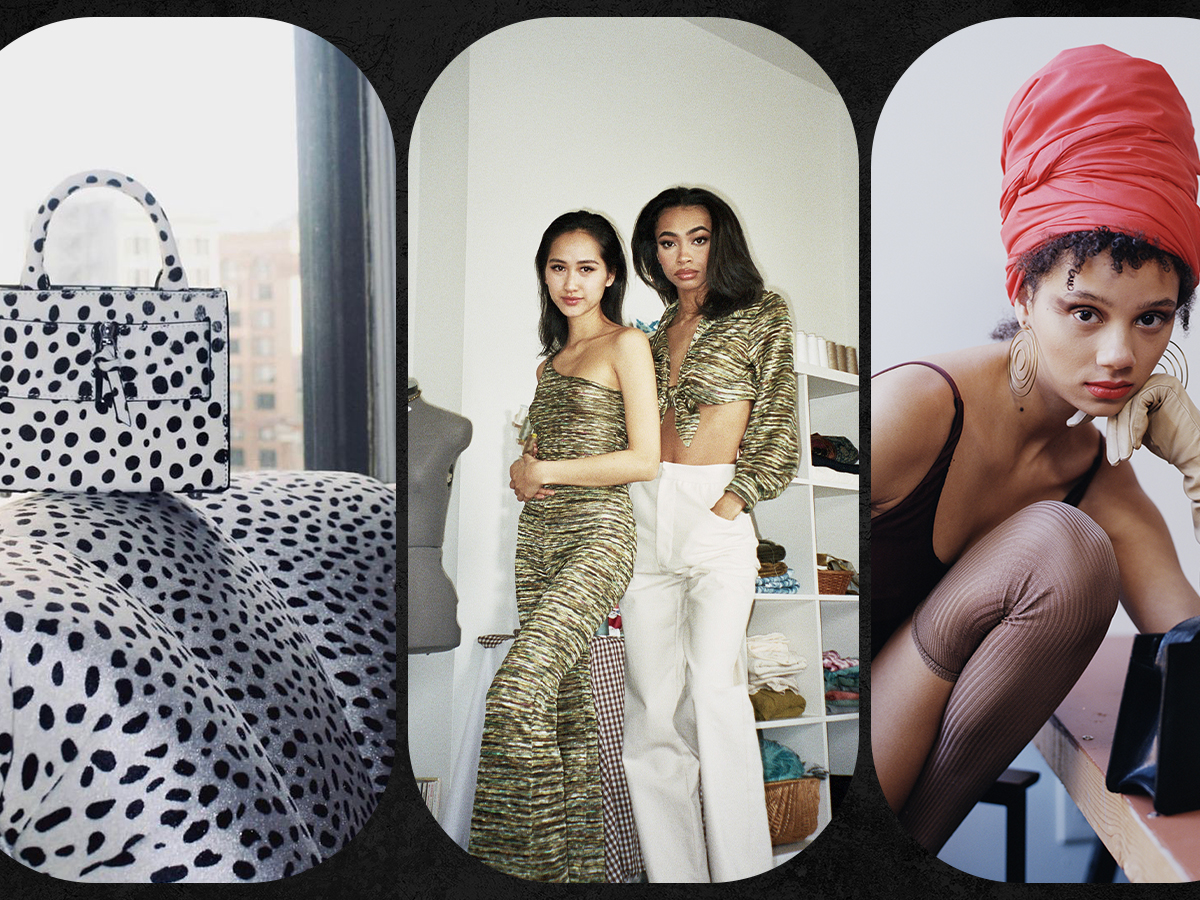
In honor of Black History Month, we've decided to launch an editorial initiative, Next Gen, where we'll be highlighting creatives that are changing the fashion industry. Our intention with this series is to dive deeper into the people that have—and to continue to—shape every facet of the fashion industry.
I think it's safe to say that fashion has had a reckoning with systemic racism over the past few years. A lot of light has been shed on the outdated tropes, tokenization, and cultural appropriation that the industry is littered with and it's sparked many conversations about what needs to be done to create a more equitable environment in all facets of the industry. Fashion designers, and especially those who have founded their own brands, are in a powerful position to incite real change as they have the unique ability to tell their own stories and do it on their own terms. Being a brand owner not only means designing the products, but it also means playing casting director, production manager, marketer, and many more roles.
Seeing as we're nearing the end of Black History Month, you're probably seeing many versions of "Black-Owned Brands to Support Now and Forever" or similar listicles floating around the internet. While the intentions behind them are certainly pure, they tend to gloss over these creatives and the kind of work they're putting in to make strides in an industry that has held onto the status quo for far too long.
A large part of my job as a digital fashion editor involves being introduced to dozens of new brands all the time, but instead of simply rattling off a list of labels I think you should know about, I wanted to spark a deeper conversation with some of the coolest emerging Black fashion designers right now: the creatives behind the brands EDAS, Brandon Blackwood, Chelsea Paris, Theophilio, and Asata Maisé. Not only should we "support them now and forever", but we should also listen to what they have to say, take diligent notes, and look to them as the new standards. So, want to know what the future of fashion looks like? Whether it be a sustainable made-to-order business model, an elevated take on upcycled clothing, or a handbag that literally says to end system racism, I suggest you start with these five brands.
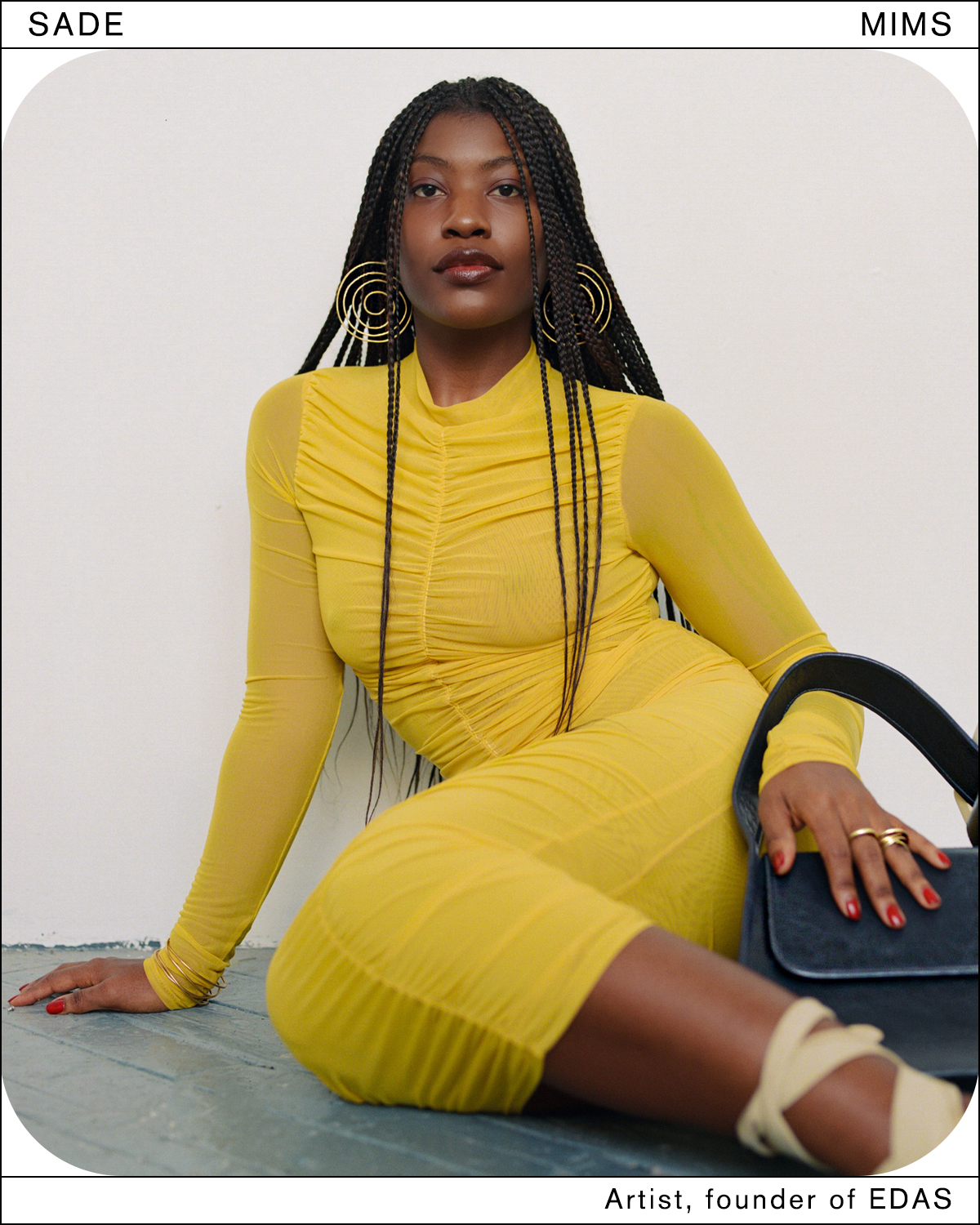
What inspired you to get into the fashion industry?
What initially inspired me to get into the fashion industry were the people that raised me. It was more so my introduction to style as opposed to fashion, but they go hand and hand. My mother and father, my aunts, and my grandmother were all very stylish individuals who took much pride in the way they dressed, so that rubbed off on me very early on. Your sense of style was how you expressed yourself without ever having to say a word.
How would you describe the ethos of your brand for those who might not be familiar?
EDAS is a brand that was built on ethics, community, and sustainability. When I founded the brand in 2015 we were only using repurposed materials to develop each collection. Fast forward to now, we use a made-to-order model with all jewelry orders and are conscious about how often we are producing. We take pride in our limited drops. I want to put emphasis on showing that fashion and clothing can be a tool to community building and that sustainable practices are how we create a healthy ecosystem for said community. It is incumbent that we never separate these things as creatives and that we are really thinking about the ways in which our processes impact our environment.
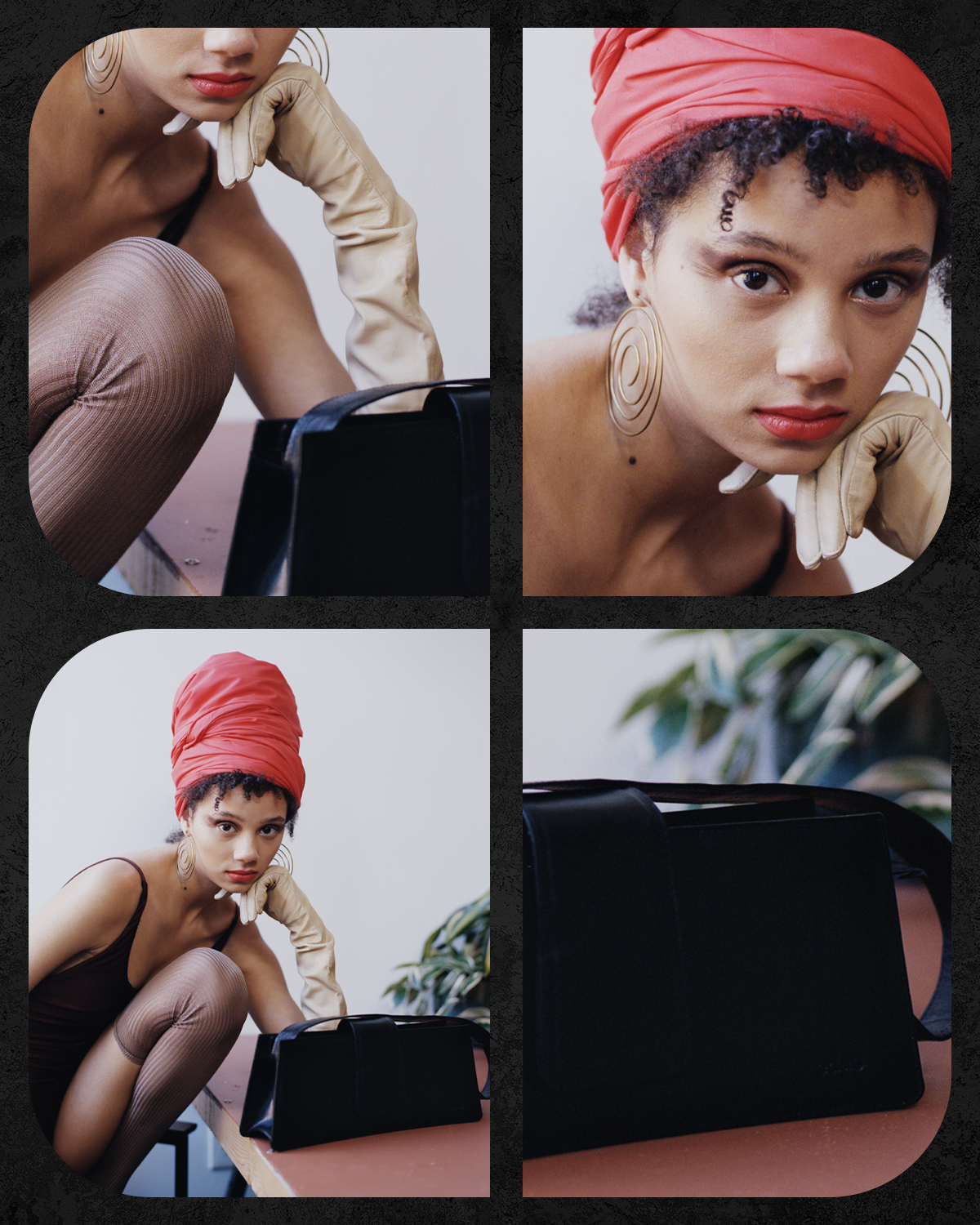
Fashion over the past few years has had a reckoning with systemic racism. How do you think the industry as a whole can move past performative allyship?
I think the industry really needs to lean away from the effects of capitalism, first. As the good brother Malcolm X said, "You can't have capitalism without racism," so in order to really bring some change that goes beyond the diversity and inclusion programs, and that is more radically shifting than hiring a Black COO, I think we have to really look at the ways capitalism keeps this industry alive. We (I say "we" because I am not exempt from this work because I am a Black woman) should be looking at the law of supply and demand, consumerism, and the fashion calendar.
We have to burn the house down and build it back up. And truthfully speaking I am unsure if the industry is ready for that just yet. I do think that putting people of color in power is a step in the right direction though, as it will open the doors for dialogue on how we can look at dismantling some of the surface, more eye-level issues.
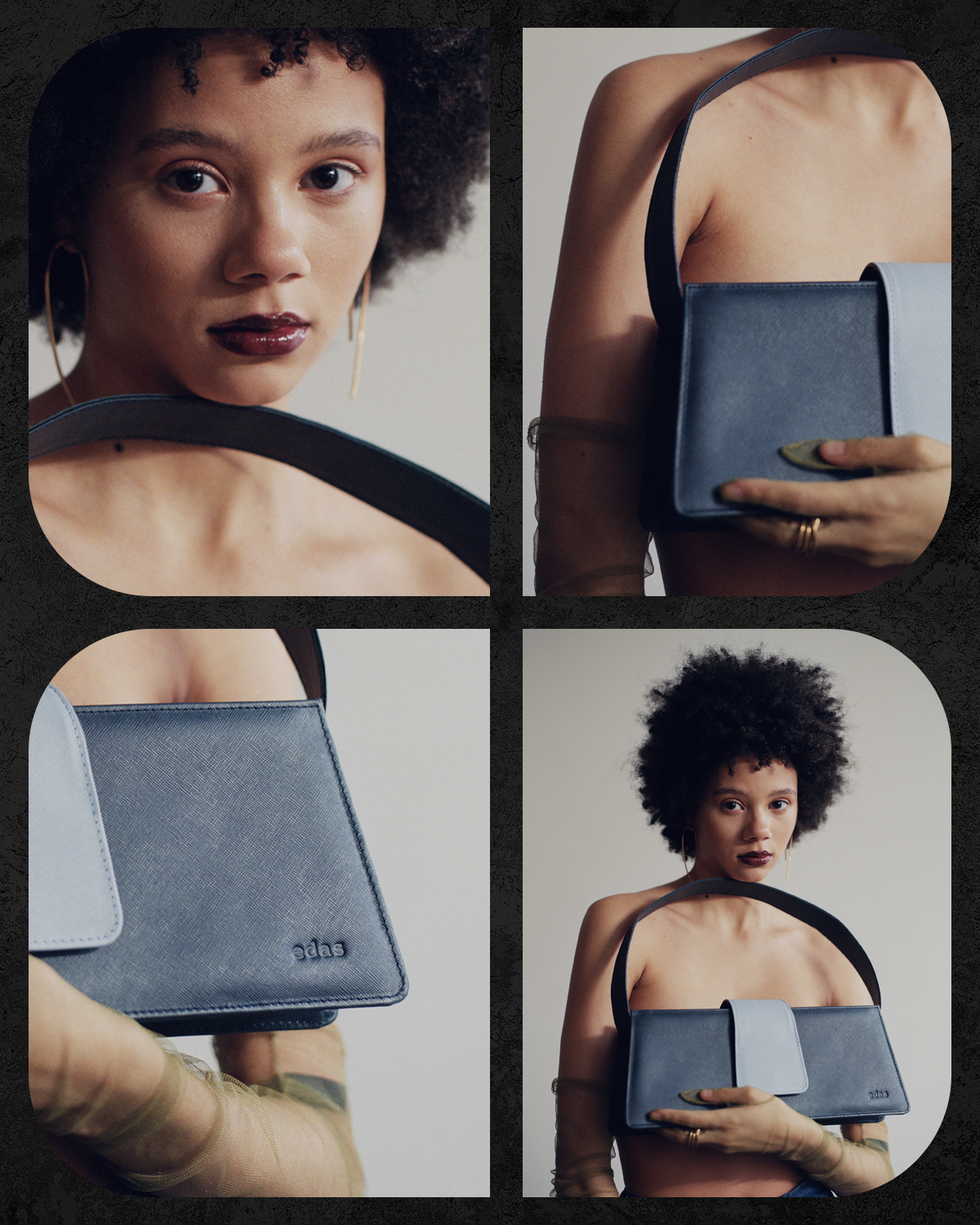
What would true inclusivity look like in your eyes?
Real inclusivity for me is engaging with various kinds of people. Hiring a team that is divergent and colorful. For EDAS it means selling a $40 earring and still having the option to buy a $500 bag. I think the industry coined this layout of having a multitude of price point categories as taboo, but I'm okay with taking that risk if it means I can speak to all people. It can be done and done well, in my opinion.
Style and beauty can be a tool of survival for the Black community. What role do you think fashion has played in your life?
As mentioned before, it's literally a form of expression and it introduces who we are before we even open our mouths. My Afro is considered radical and I love that. I love that I can enter a room in my heels and command your attention. I love the way my jeans fit and that my red nails set the tone of what kind of woman I am. It doesn't define me, but it definitely is a language of its own. I've always felt as if the way I dressed demanded that I be respected. Fashion is important in that way. It's a form of storytelling.
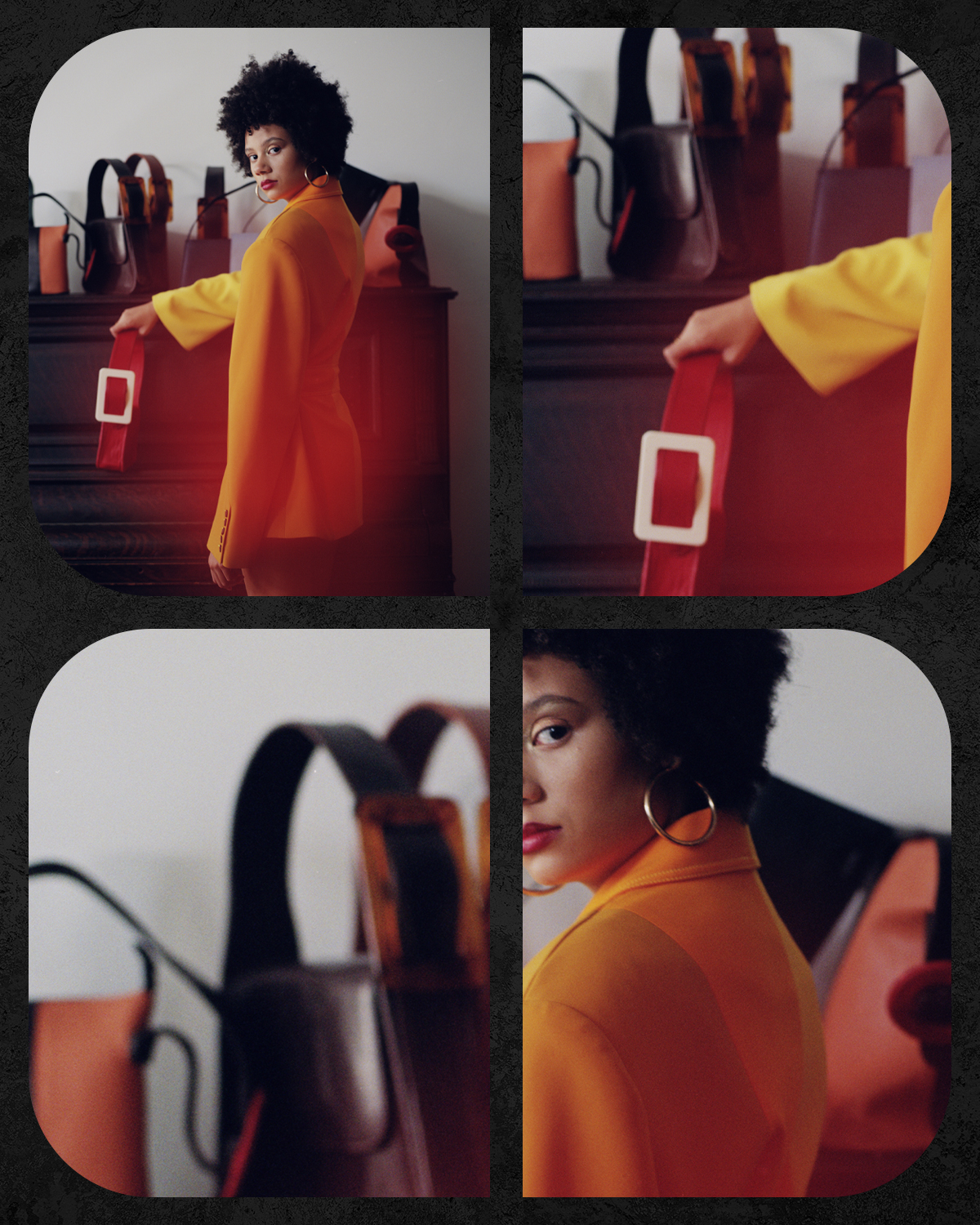
What advice would you give an aspiring Black creative looking to break into the fashion industry, especially prospective designers?
To be authentically you. To never settle for less than you deserve and to be your biggest fan. You've got to big yourself up, always. I'm still learning this, so I see the value in having that confidence to persevere, even when it's difficult. As Black people, we are always faced with "something," so you have to really honor yourself through your journey and know your worth and contribution you have to this industry and to the world. They need us, we keep shit cool.
If you could only purchase one item from your line, which would it be and why?
Hmm. I'd say the Maria in Midnight! It's the bag I want to be seen in every single day. It's mature and sexy and it's easy.
Shop the brand:
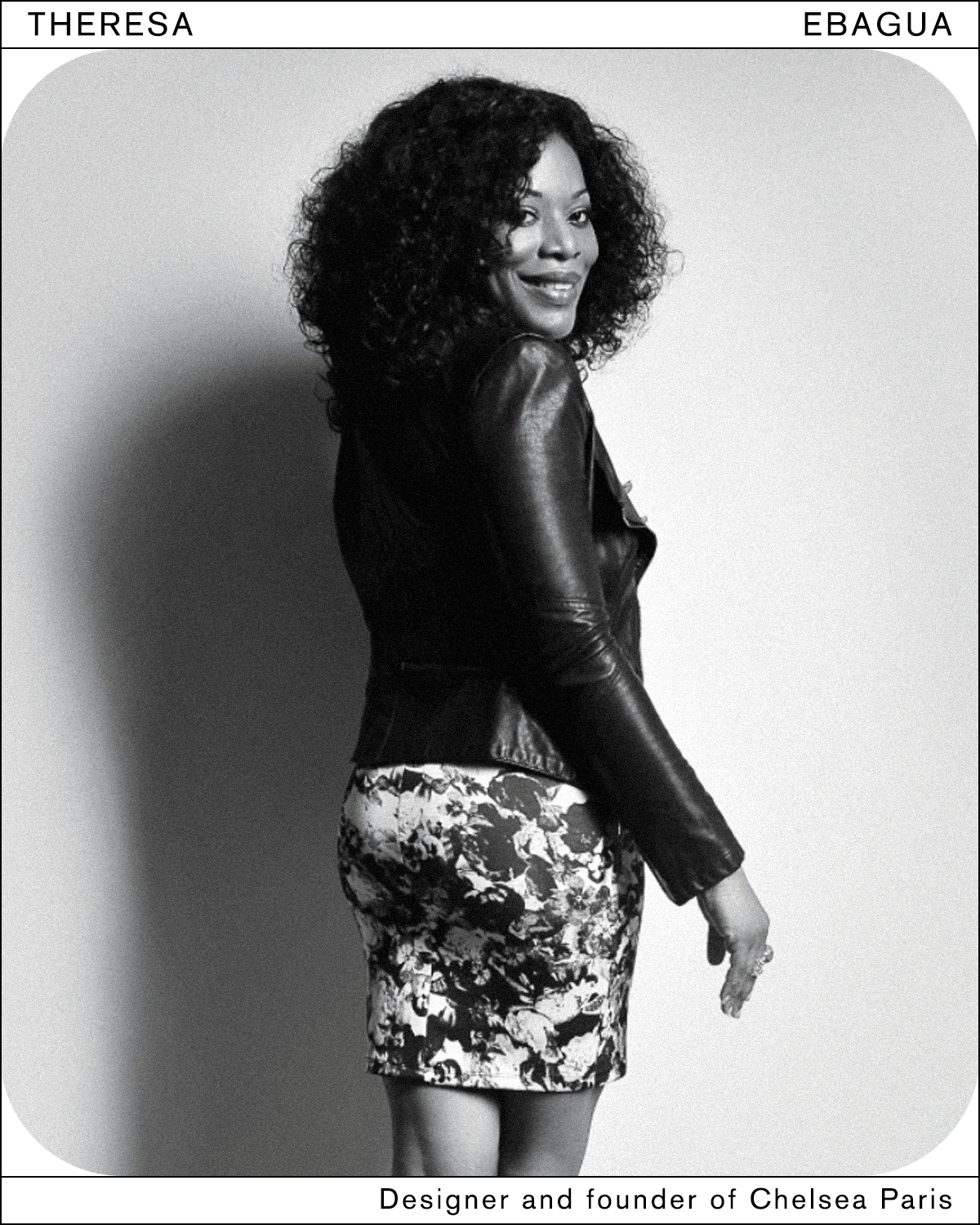
How long have you been designing for and what inspired you to get into the fashion industry?
I've been designing footwear for about 10 years. I've always loved fashion. My mom inspired my artistry at a young age. I remember watching her dress for the day; she took risks mixing bold pieces together. When she passed, something ignited within me and in what felt like a whirlwind, I resigned from my corporate job and leaped wholeheartedly into footwear design. It was a daring move, but I could not be happier.
How would you describe the ethos of your brand for those who might not be familiar?
Chelsea Paris is the embodiment of diverse creativity, global perspective, and timeless luxury. It has always been important that the brand honor my Nigerian heritage with unique material combinations and vibrant colors, but I also want Chelsea Paris to be a source of inspiration for others. We are collaborating with organizations that make a positive impact on the world—currently, for Black History Month, we are donating 10% of net proceeds from our website to Color of Change, the nation's largest organization fighting racial injustice.
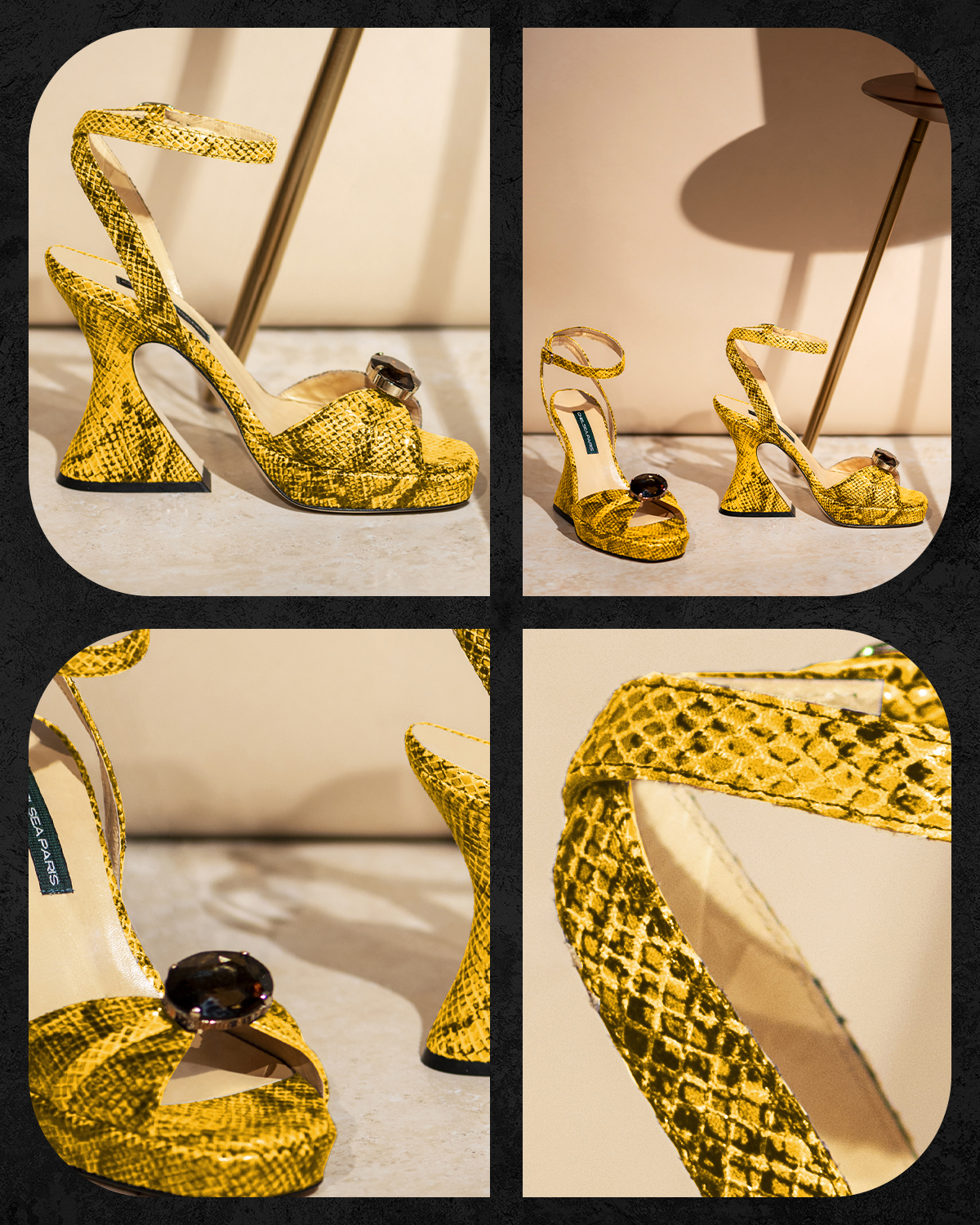
Fashion over the past few years has had a reckoning with systemic racism. How do you think the industry as a whole can move past performative allyship?
We all have to do the work, ask the tough questions and learn from past mistakes. It isn't something that will happen overnight but awareness and action are certainly the first steps. We have to invest in Black communities—they are bursting with creativity and house the next generation of Black designers, artists, and entrepreneurs.
Style and beauty can be a tool of survival for the Black community. What role do you think fashion has played in your life?
Fashion has played a major role in my life. Experimenting with trends throughout the years allowed me to uncover and express my authentic self. Whether that's pairing heels and pajamas on a grocery run or wearing a bucket hat and a flirty dress while lounging in the house, my fashion choices definitely reflect my mood. Being playful and adventurous with my personal style has given me the courage and confidence to live out my truth regardless of what anybody thinks.
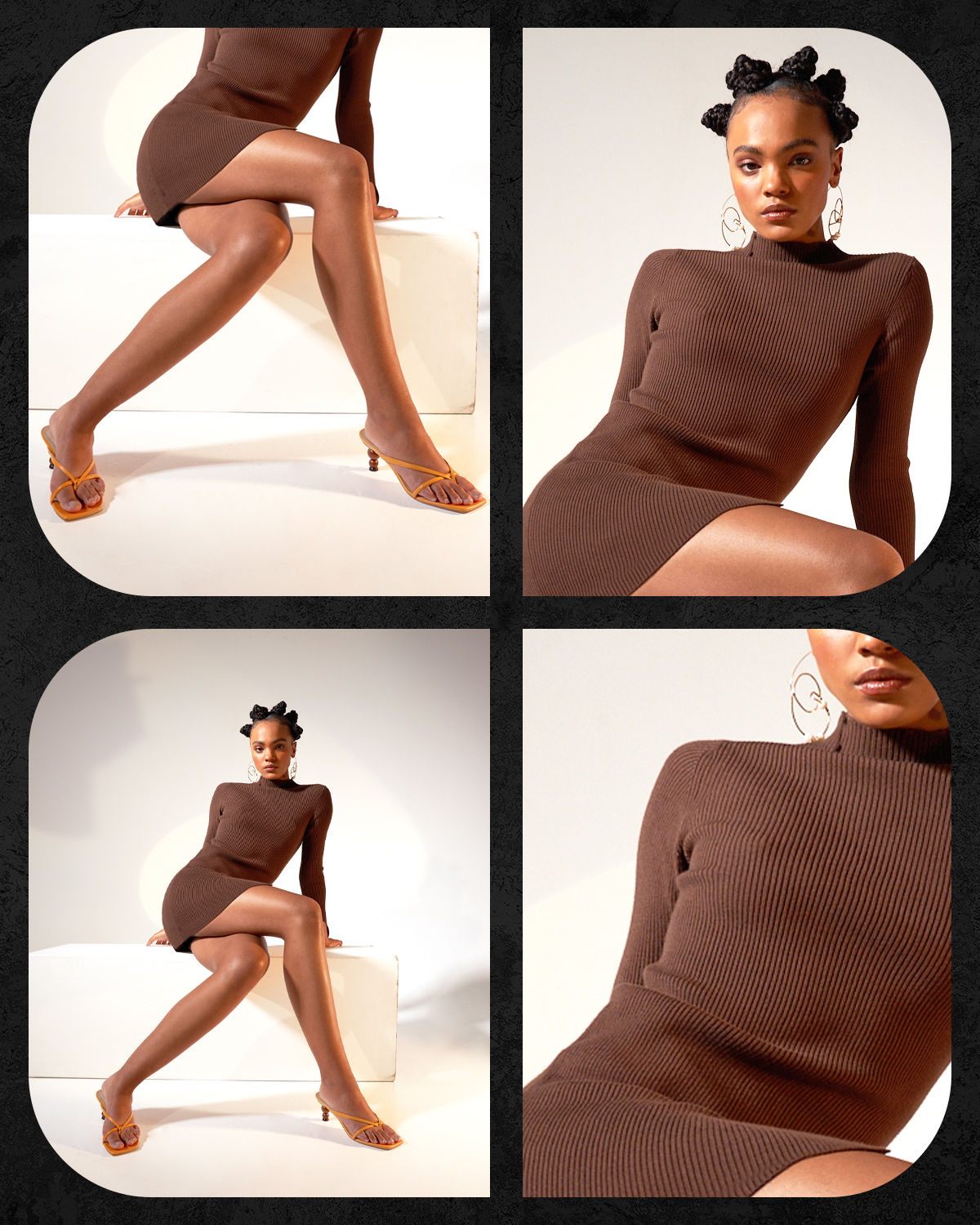
So much of the cultural zeitgeist—from style to beauty to colloquialisms—come from the Black community. What are your thoughts on appreciation versus appropriation?
The Black community is incredibly talented and often turns to fashion and beauty as a means of self-expression. Black creatives have established new spaces within media and society that encourage free-spiritedness throughout the community. It's natural to be curious of someone else's culture, but too often, appropriation subverts admiration. I think we can uplift one another from a place of genuine love and support without exploiting others for personal interest. I'd like to see more people sincerely take the time to understand, celebrate and appreciate Black creativity.
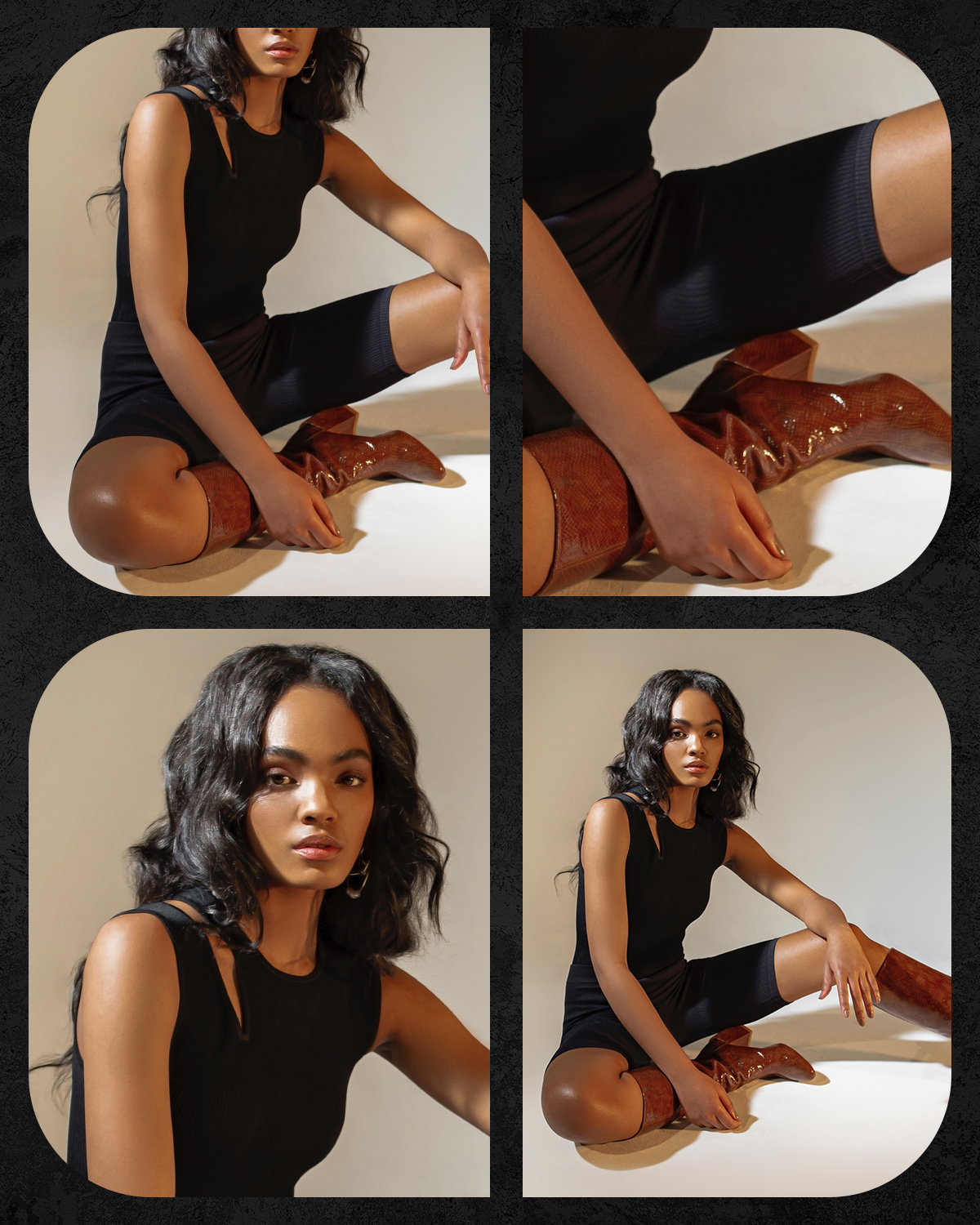
What was your biggest "I made it" moment to date? Any personal milestones you're proud of?
Recently, it has been amazing to see women I admire wearing Chelsea Paris. From Zendaya (wearing the brand for an InStyle editorial) to Kerry Washington recently including my boots on Instagram, and other incredible creatives like Tamu McPherson, Ebonee Davis and Cipriana Quann wearing and supporting. I am excited to see what the next year holds for the brand.
If you could only purchase one item from your line, which would it be, and why?
My favorite piece from the current collection is BO in the royal python snake print. I really love mixing prints so when I'm feeling quirky and fun, I pair the BO with a monochrome or grayscale print. While I'm out running errands (with a mask, of course!), I wear it with jeans and a tucked-in, oversize white button-down.
What's next for your brand? Any dream collaborations or retail expansion in the works?
I'd like to eventually expand Chelsea Paris to include bridal shoe and bag categories and I am certainly thinking about some collaborations down the road too.
Shop the brand:
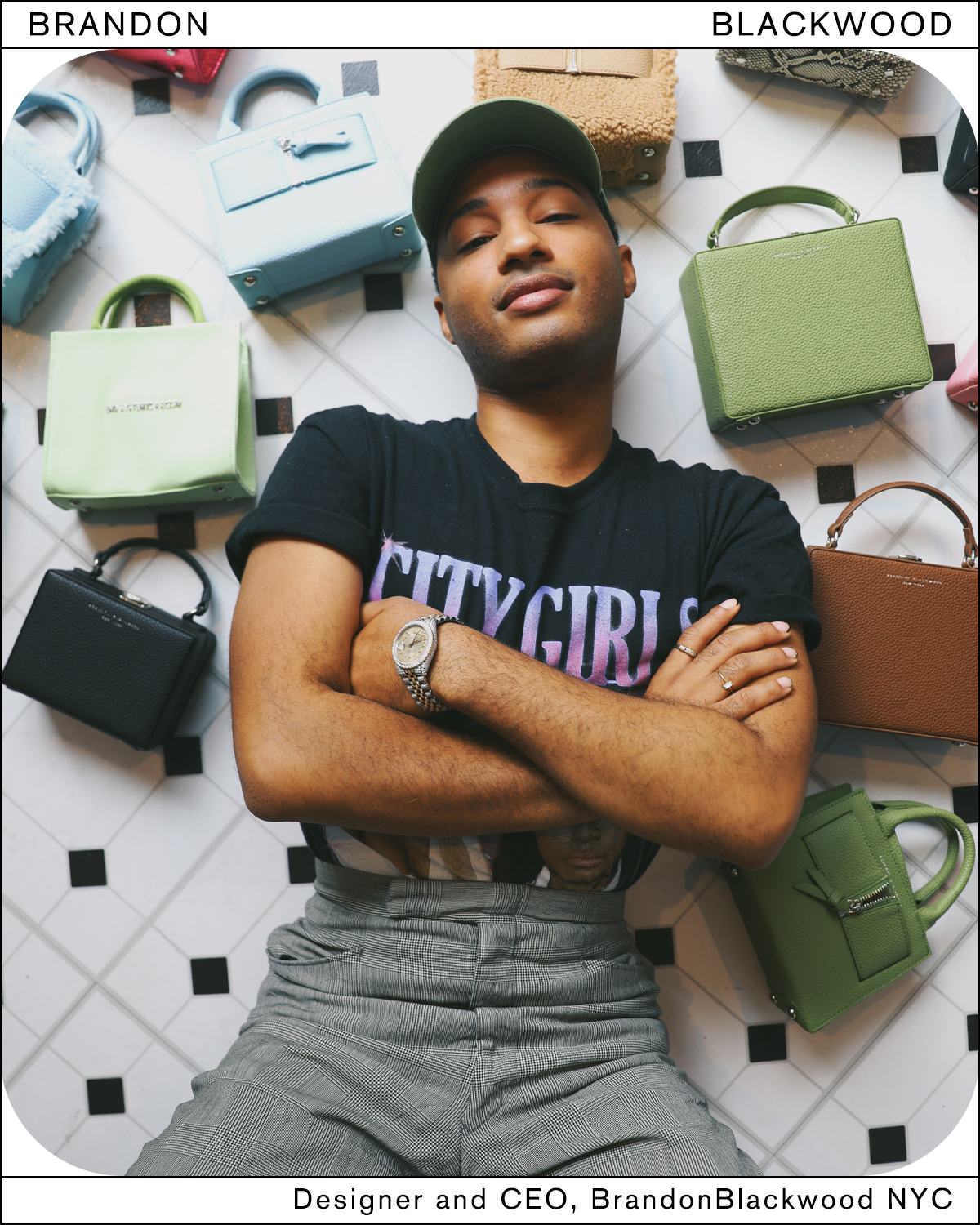
Your "End Systemic Racism" bag had a pretty viral moment this past summer. What was that moment like for you? What prompted the decision to phase out the ESR tote and what is next for the brand?
I was honestly not expecting the response the ESR received! Not many people are aware, but the bag received a lot of buzz the first month I dropped before going viral from Kim [Kardahian]'s post. That being said, right now is the perfect time for me to showcase that my artistry goes beyond the ESR. I have so many ideas brewing for the next upcoming seasons that I know people will love. From eyewear to candles to outerwear… you will want to stay tuned.
In terms of design, how do you think the call to action for diversity can be met? What would true inclusivity look like in your eyes?
True inclusivity is putting Black and Brown people in situations where they can make decisions for the company. If this does not happen, there will be no change.
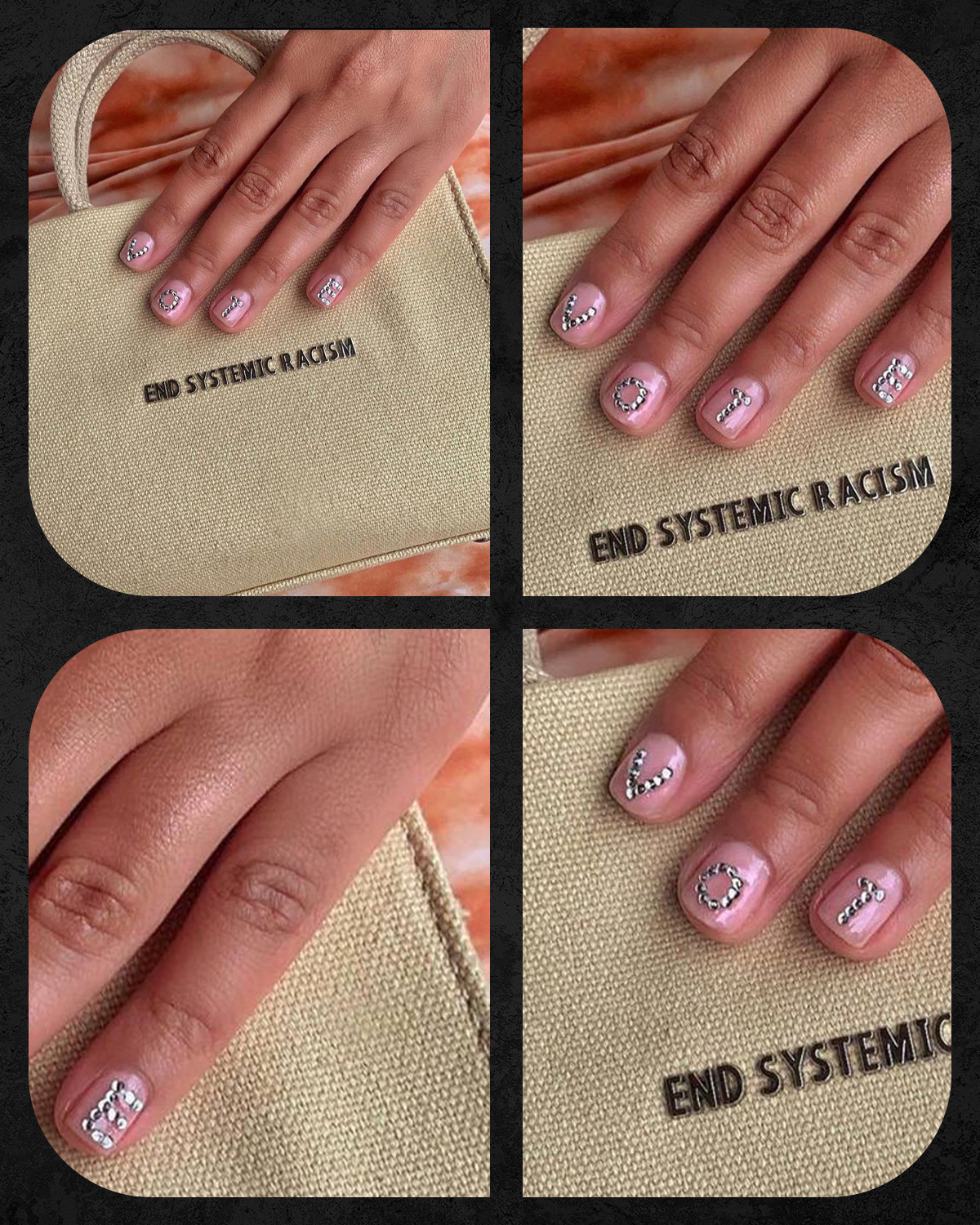
So much of the cultural zeitgeist—from style to beauty to colloquialisms—come from the Black community. What are your thoughts on appreciation versus appropriation?
Appreciation is exactly that, when you go to the Met or MoMa you can appreciate the art. You don't take the art home, it's the same way with Black culture. You can cheer on and love Black creators from a distance vs. take it home and embody it. It becomes appropriation when you take it and claim it as your own. My work doesn't speak to any eurocentric ideals or standards. I know for a fact it is already speaking to the girl that has been ignored for all these years. We at Brandon Blackwood NY celebrate, uplift, and love diversity, Black culture, Asian culture, Hispanic culture. We live amongst these people, we work amongst these people, we love these people. We will never bend for the eurocentric ideals as we are on the ground and represent those who surround us.
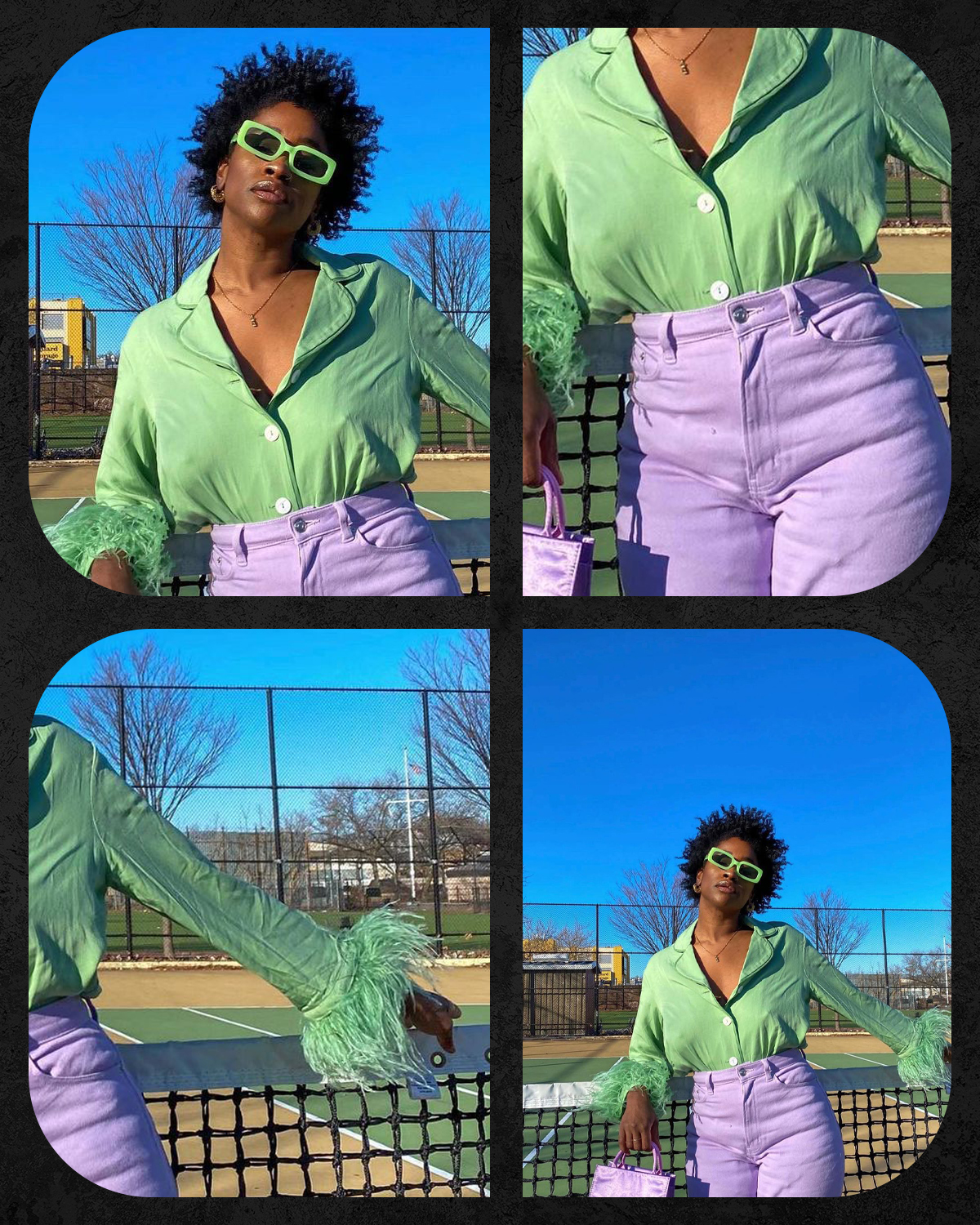
If you could only purchase one item from your line, which would it be and why?
That's a tough choice! I've really fallen in love with the Kuei Bag. No matter the colorway, skin, or pattern it is a timeless statement piece.
What was your biggest "I made it" moment to date? Any personal milestones you're proud of?
Having been featured in Forbes 2x within 4 months, the CFDA and CR Fashion Book was a dream come true!
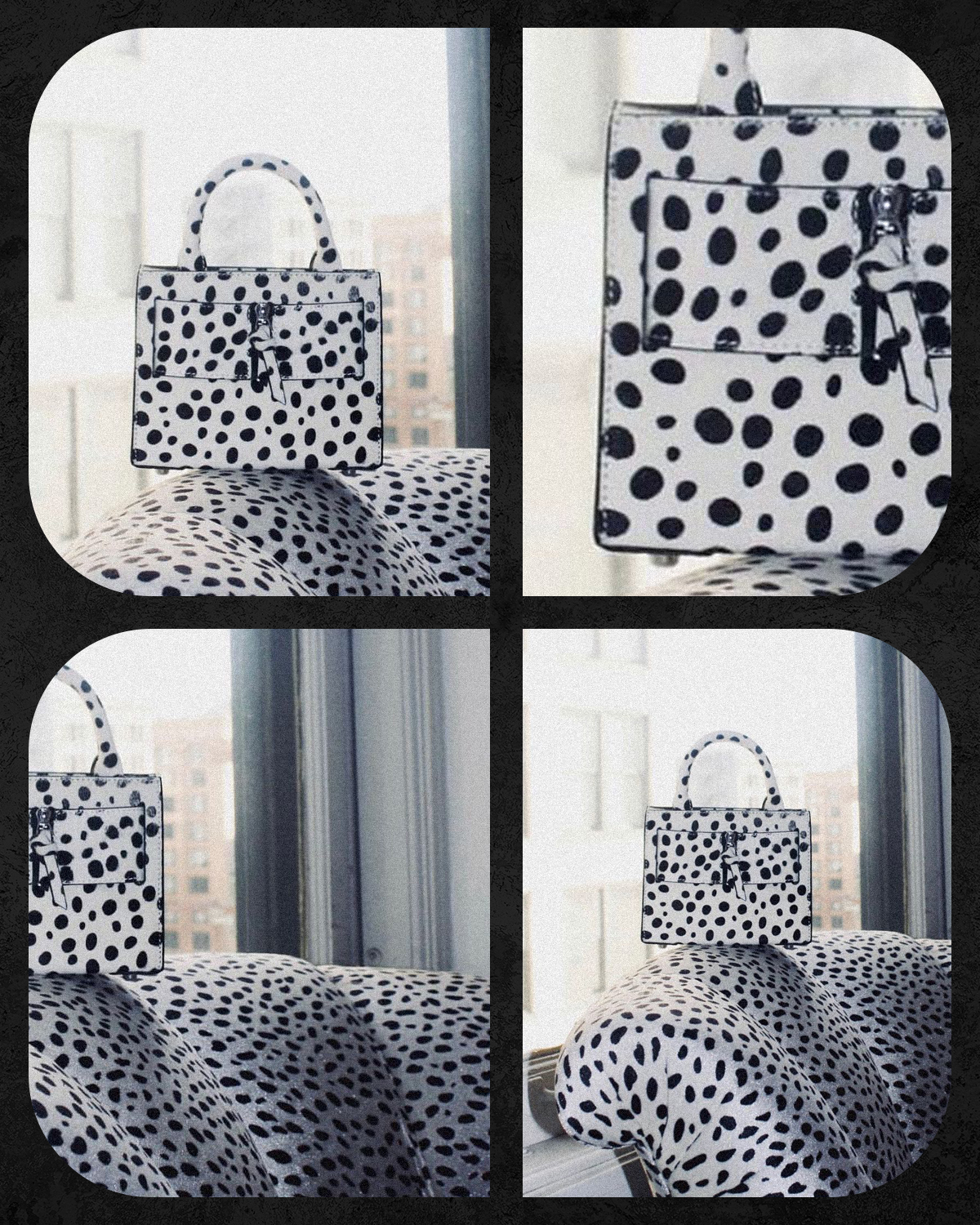
What advice would you give an aspiring Black creative looking to break into the fashion industry, especially prospective designers?
I made a plethora of bad mistakes when I was first starting out, and it all boiled down to me not knowing my worth. Even if you’re just starting your brand and only have 200 followers, stick to what you feel you and your work is worth and don’t feel influenced by others to change it or lower your number…regardless of who these individuals are or what experience they have. Also, to make sure to stay true to your own identity no matter what. Expressing your true self within your work will always make your brand stand out.
Shop the brand:
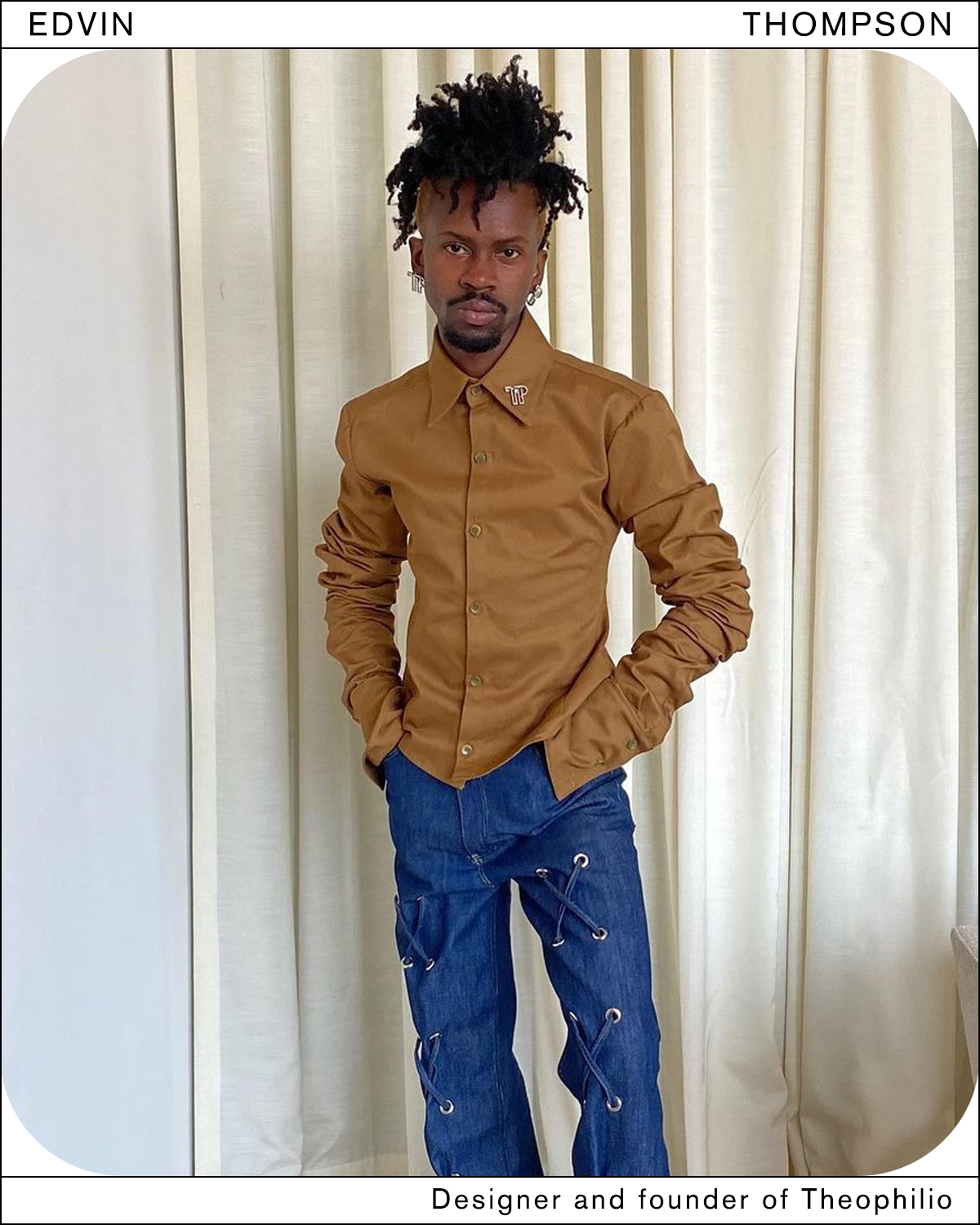
How would you describe the ethos of your brand for those who may not be familiar?
Fusing the nostalgia of my juvenile years in Jamaica with New York City's progressive culture, the use of upcycling clothing and authenticity has been essential in implementing the brand's ideology. Always at the root of my designs, there's a focus on the celebrations of life after overcoming the obstacles and triumphs along the way. As an immigrant myself, I'm here to amplify the voices of those alike, making Theophilio a wearable biography.
If you could only buy one item from your line, which would it be?
I would purchase the oversize wool coat because it was inspired by my father's wedding jacket.
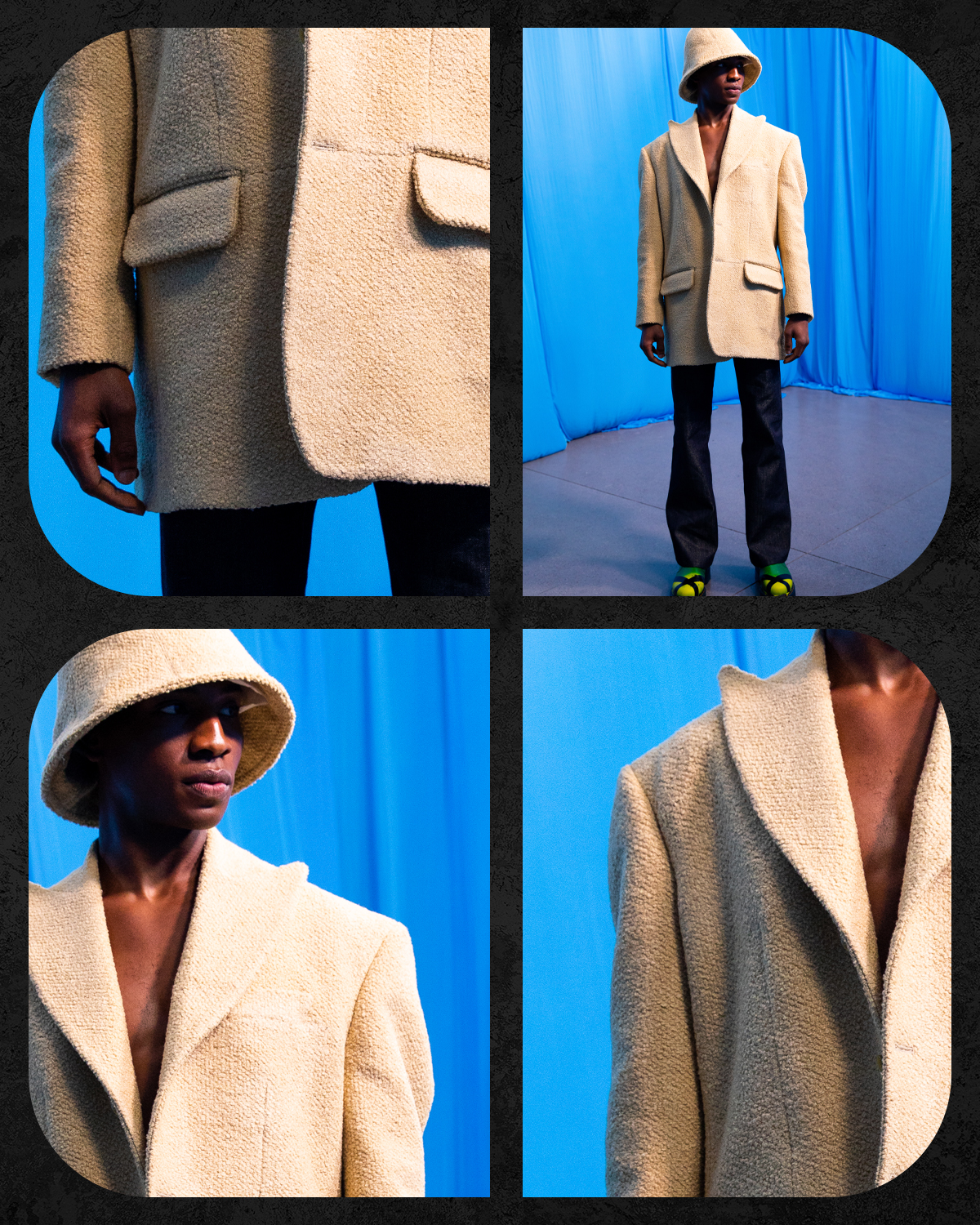
Fashion over the past few years has had a reckoning with systemic racism. How do you think the industry as a whole can move past performative allyship?
Truthfully systemic racism is embedded in the fashion industry. I think moving forward, removing hierarchies that sustains racism, and hate will be a progressive measure in change.
How can brands and fashion houses be not only diverse but also avoid tokenism in the process? What would true inclusivity look like in your eyes?
I think it's important to question the initiatives of these institutions that want to champion creatives. Inclusivity in my eyes is putting your money where your mouth is. Having Black creatives to fill a space is not enough to say I'm in support.
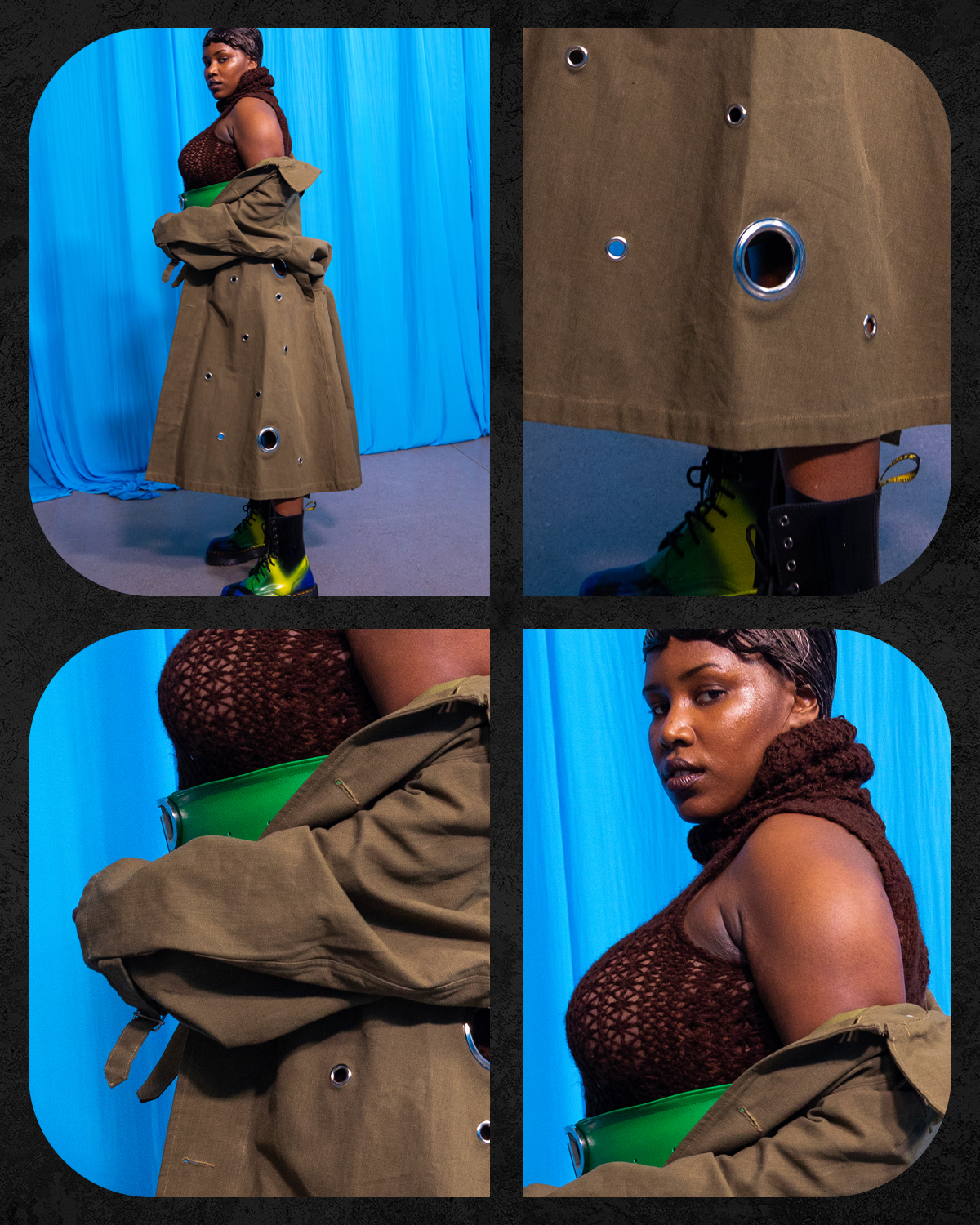
How long have you been designing for? What inspired you to get into the fashion industry?
I've been designing for 10 years now. I was inspired to become a designer because I really wanted to tell stories about people who look like me.
What was your biggest "I made it" moment to date?
I-D Magazine released their icon and idols issue with Binx Walton wearing my mesh tank fringe dress from my spring/summer 2020 styled by Carlos Nazario. This was shot in Jamaica, my homeland. I was amazed at this moment because I.D magazine fostered many of my creative inspirations as a kid. Another proud moment was being added to New York fashion week calendar for S/S 21 season and A/W 21 season.
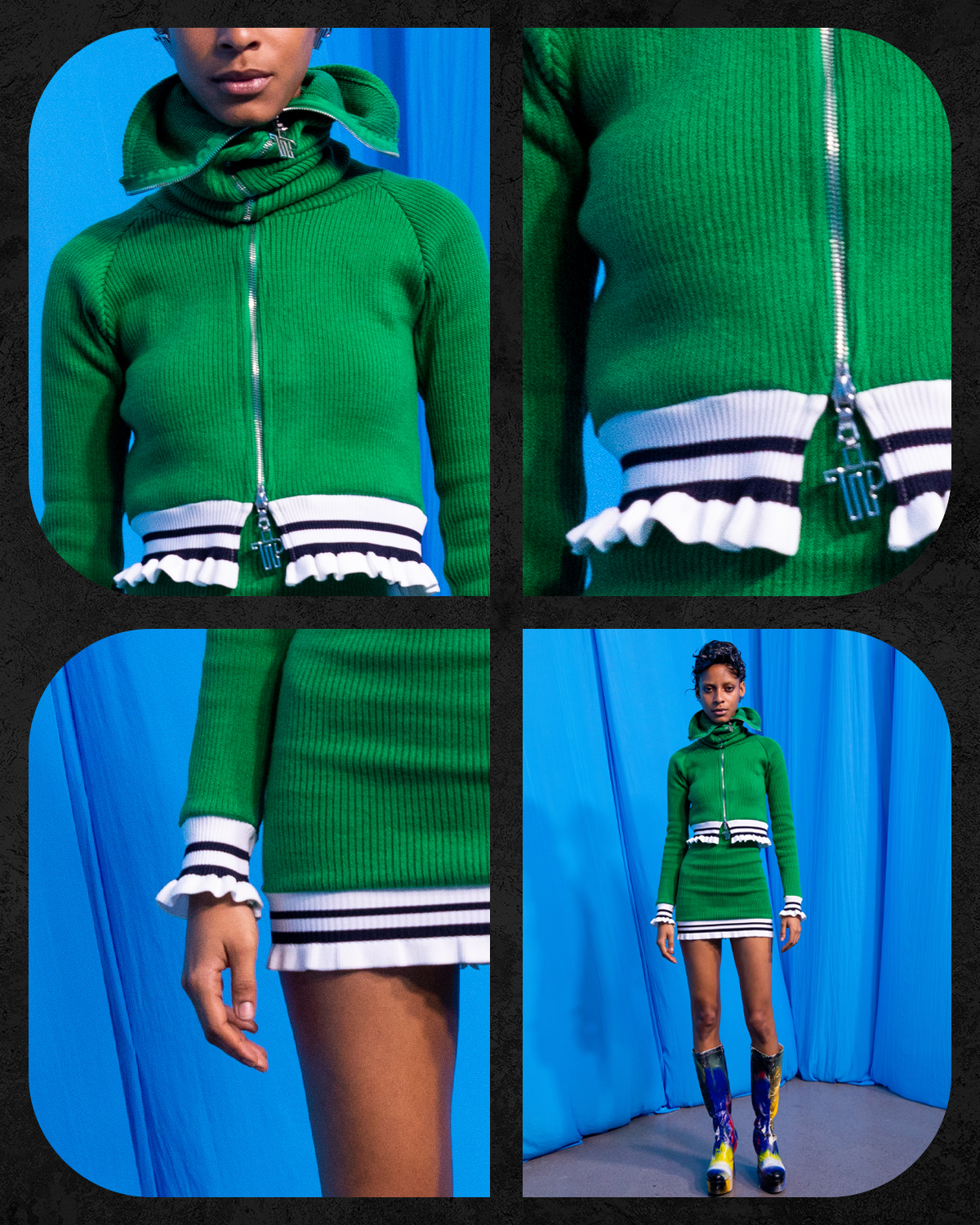
Shop the brand:
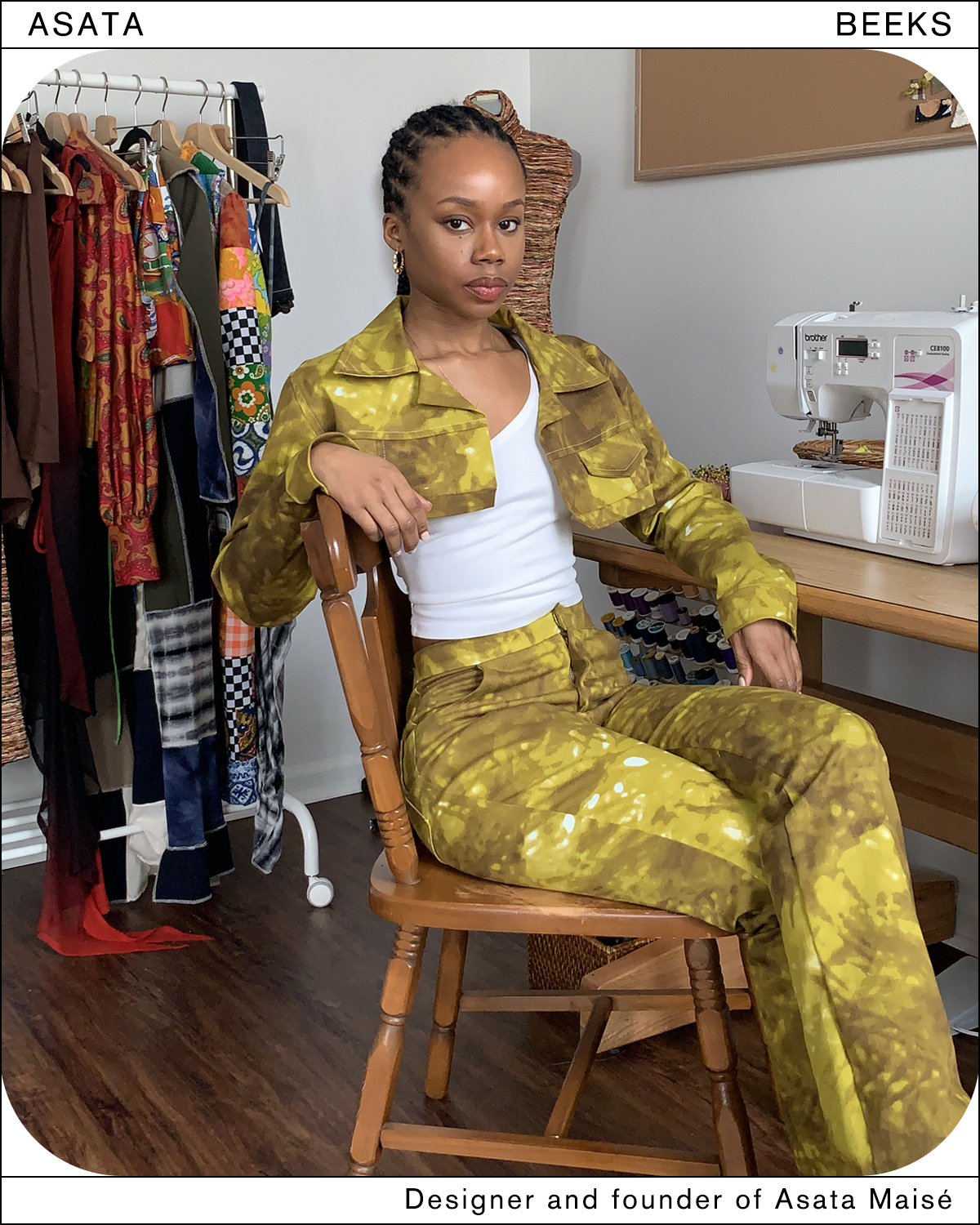
How long have you been designing for and what inspired you to get into the fashion industry?
I learned how to sew in my high school's elective Textile and Clothing program. Two years into the program, I participated in my first local fashion show at age 16. I've always wanted to be an artist but that's when I knew I wanted to be a designer. I've also had the privilege of working for designers and brands in L.A., London, and NYC. So it's been about 12 years now.
How would you describe the ethos of your brand for those who might not be familiar?
Until recently, I've operated more so as an individual artist rather than a brand. I just made whatever I wanted, there was no ethos, just pure self-expression. Now that I'm expanding, I've just begun asking myself this question. The pillars that have been consistent in my work are sustainability, quality craftsmanship, and eccentricity.
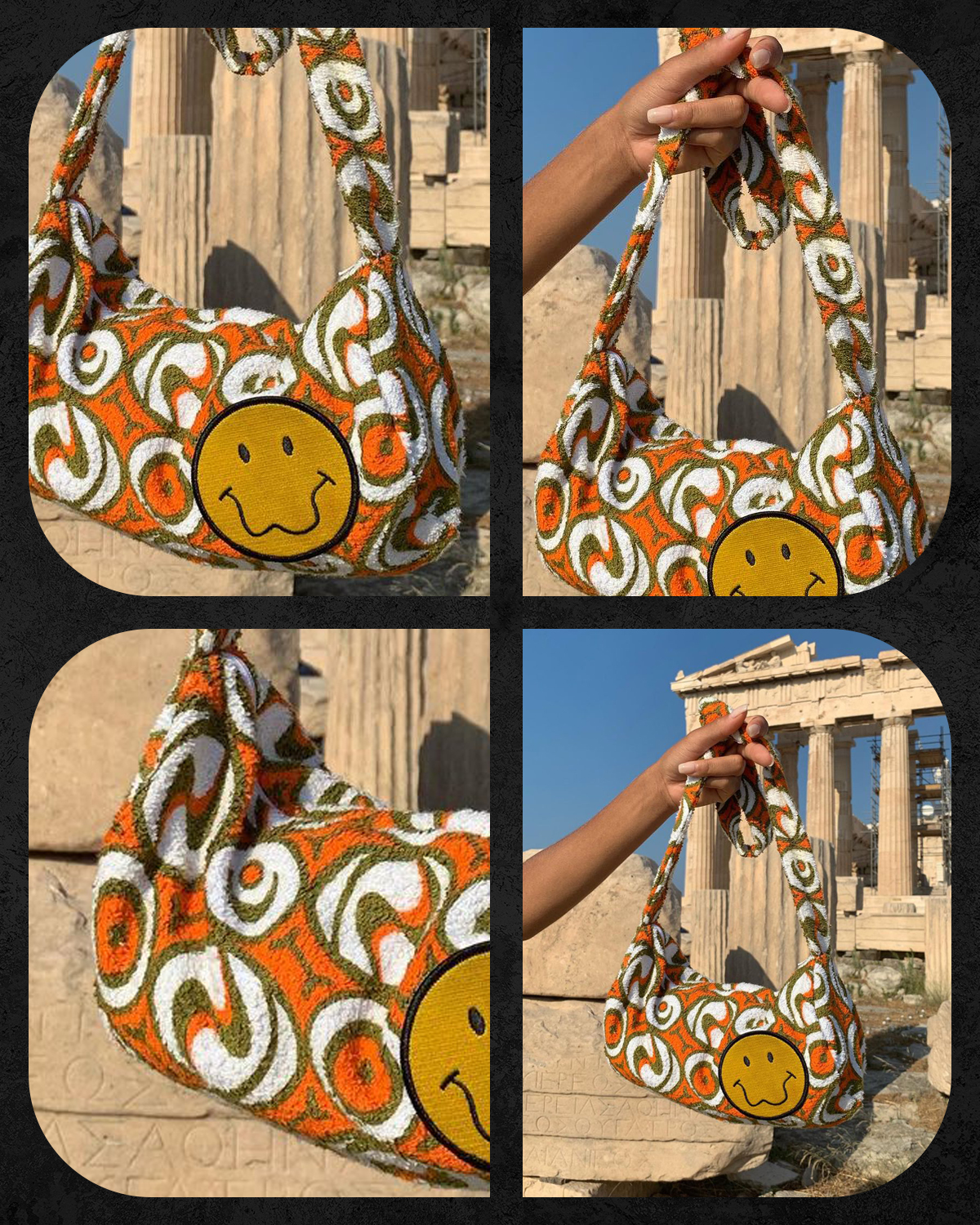
Style and beauty can be a tool of survival for the Black community. What role do you think fashion has played in your life?
Style and beauty are tools of survival for Black people. For me personally, they have been a coping mechanism from experiencing bullying in my younger years. At some point, fashion and style became an escape and, later, a means to create my own reality.
So much of the cultural zeitgeist—from style to beauty to colloquialisms—come from the Black community. What are your thoughts on appreciation versus appropriation?
Black people should be given their flowers rather than simply copied and disenfranchised. It begins with acknowledging that Black culture influences the entire fashion industry. Then giving more creative opportunities to those who start the trends we see every day.
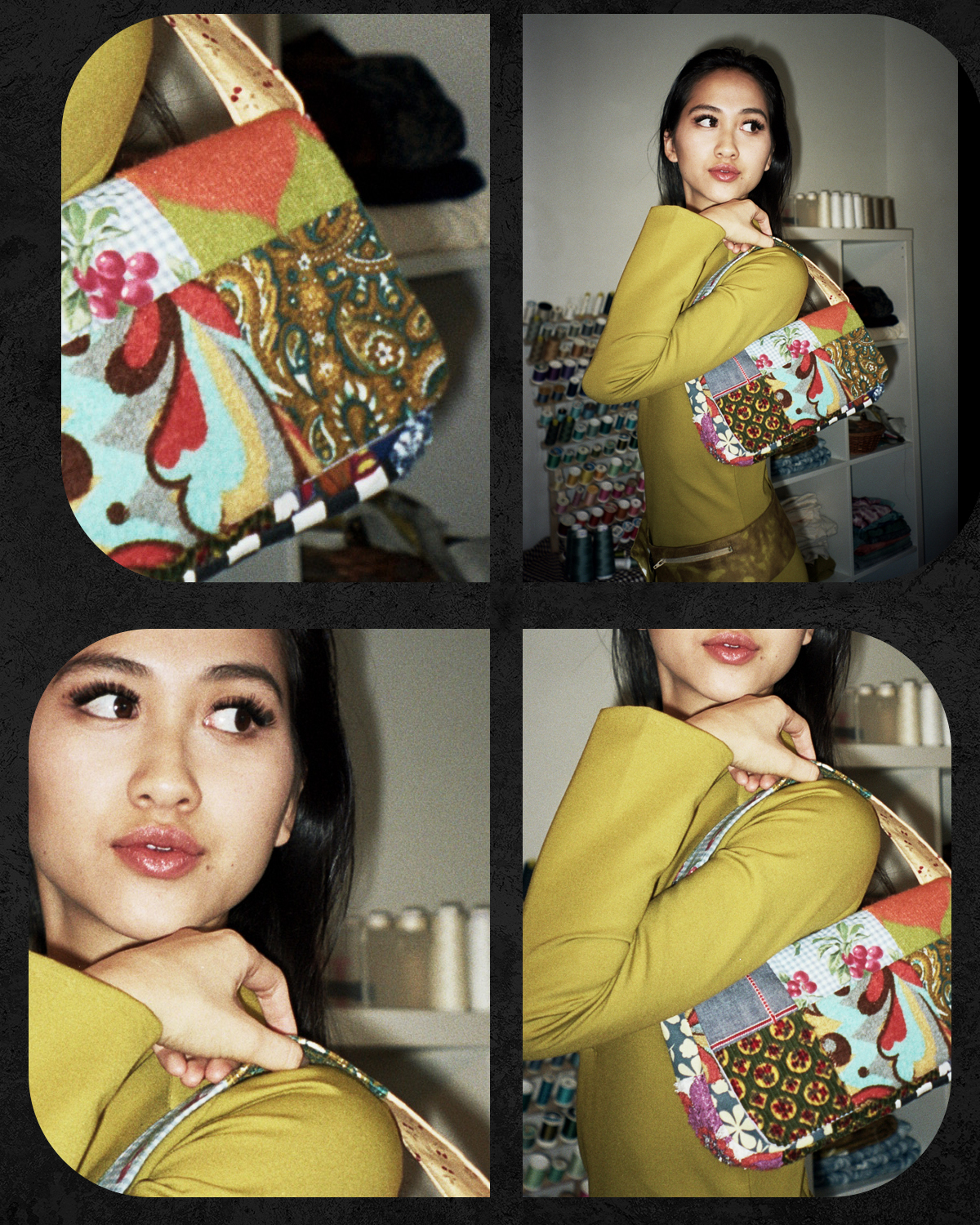
Fashion and beauty are their own forms of storytelling—the industry at large has long been telling stories that center on whiteness, and Eurocentric beauty features. For you, what story do you hope your work tells?
I've always displayed diversity by including my friends and local creatives in my campaigns. I hope that I can continue to show that there is no one "ideal" beauty. Everyone's experience will be vastly different and there is no real general advice that I can give other than to be authentic to who you are, put yourself out there, and expect to work hard before you see any outcome. Although 2020 was a profound year for my career, I haven't had that moment yet. My proudest moments were completing my first collection in 2019 and telling the teacher who taught me to sew that my work was in Vogue. I only make one-offs or limited runs. But one of my favorite pieces is the paisley long-sleeve minidress with a pointed collar. I've only made two of them in different fabrics. It's so flattering and I feel like I could be in a Czene Béla painting.
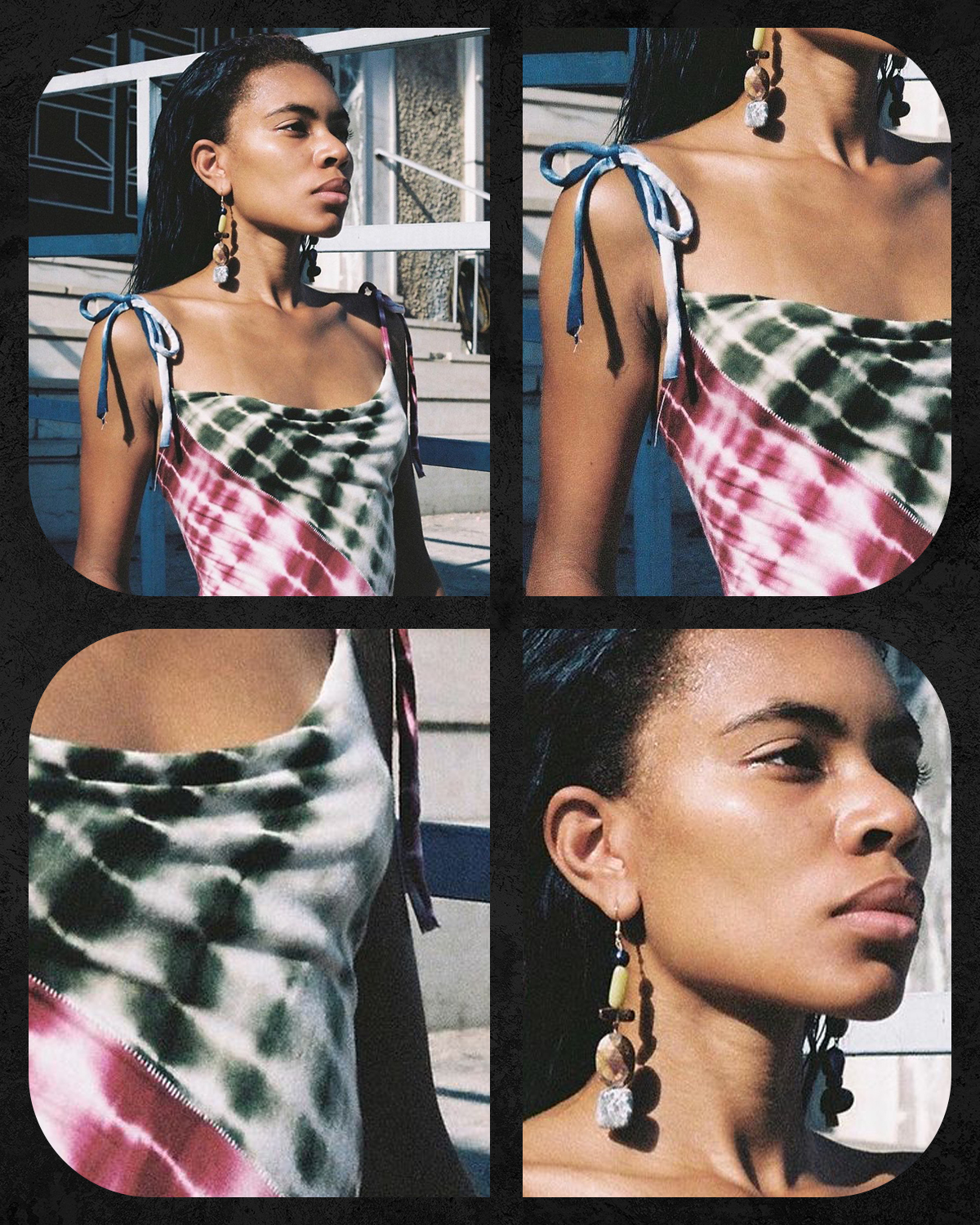
If you could only purchase one item from your line, which would it be and why?
I only make one-offs or limited runs. But one of my favorite pieces is the paisley long sleeve mini dress with a pointed collar. I’ve only made two of them in different fabrics. It’s so flattering and I feel like I could be in a Czene Béla painting.
Shop the brand:
In the mood for even more? Read our interview with TikTok star, model, and fashion boy Wisdom Kaye.
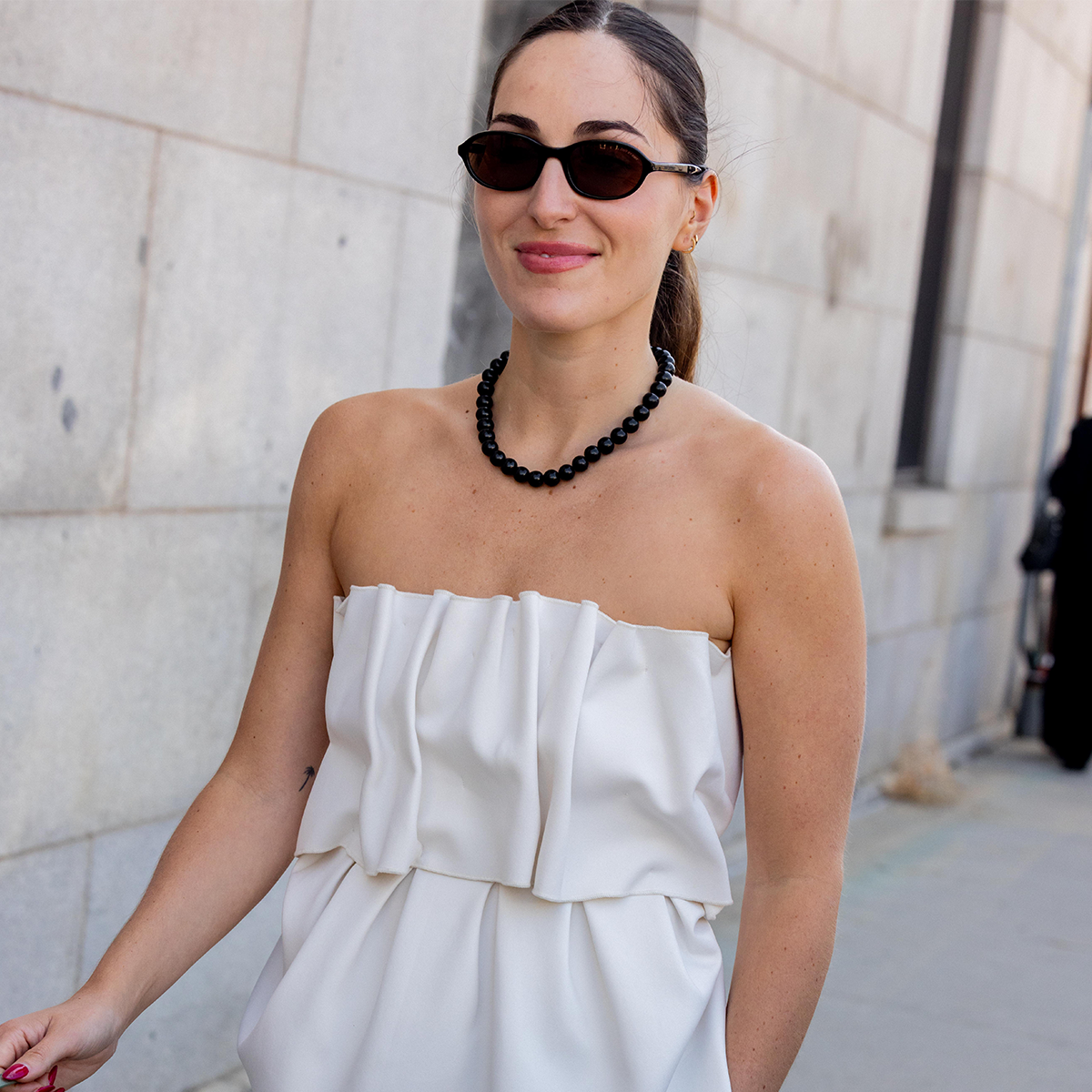
Anna is an NYC-based senior fashion editor who has been a member of the Who What Wear team for over eight years, having begun her career in L.A. at brands like Michael Kors and A.L.C. As an editor, she has earned a reputation for her coverage of breaking trends, emerging brands, luxury shopping curations, fashion features, and more. Anna has penned a number Who What Wear cover interviews, including Megan Fox, Julia Garner, and Lilly Collins. She also leads the site’s emerging travel vertical that highlights all things travel and lifestyle through a fashion-person lens.
